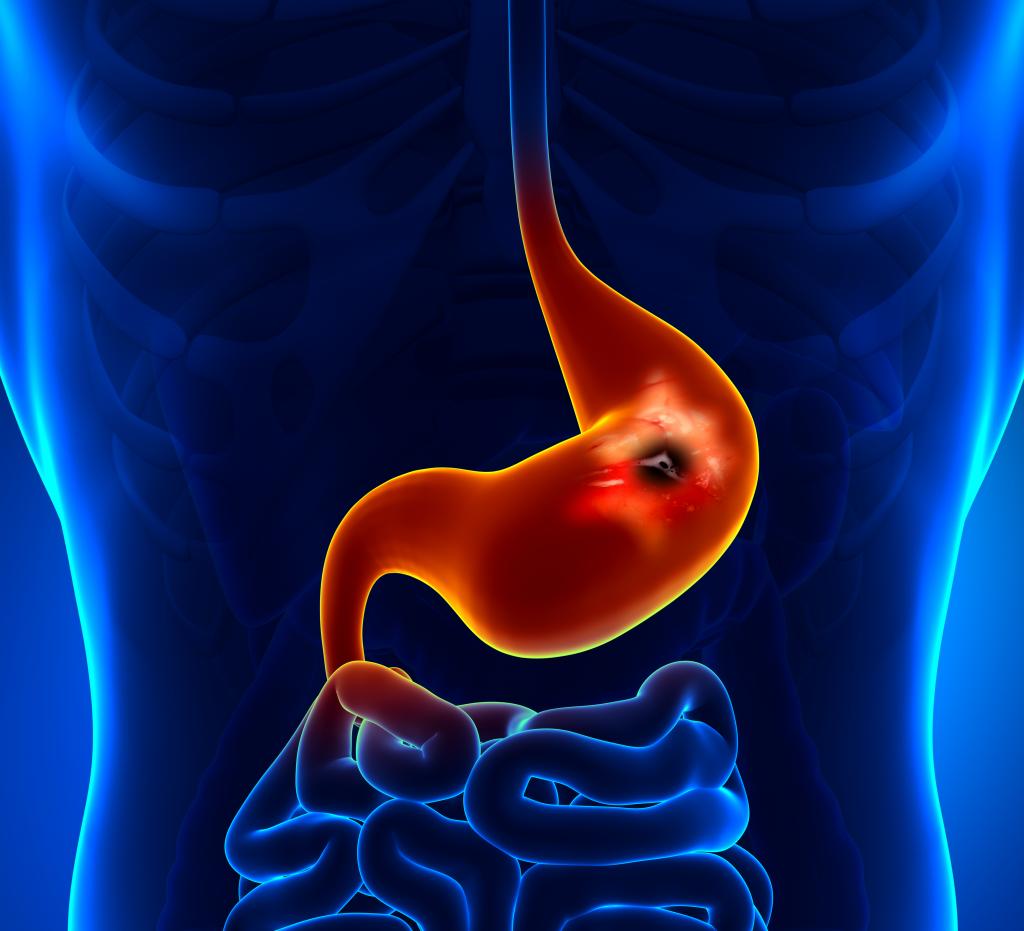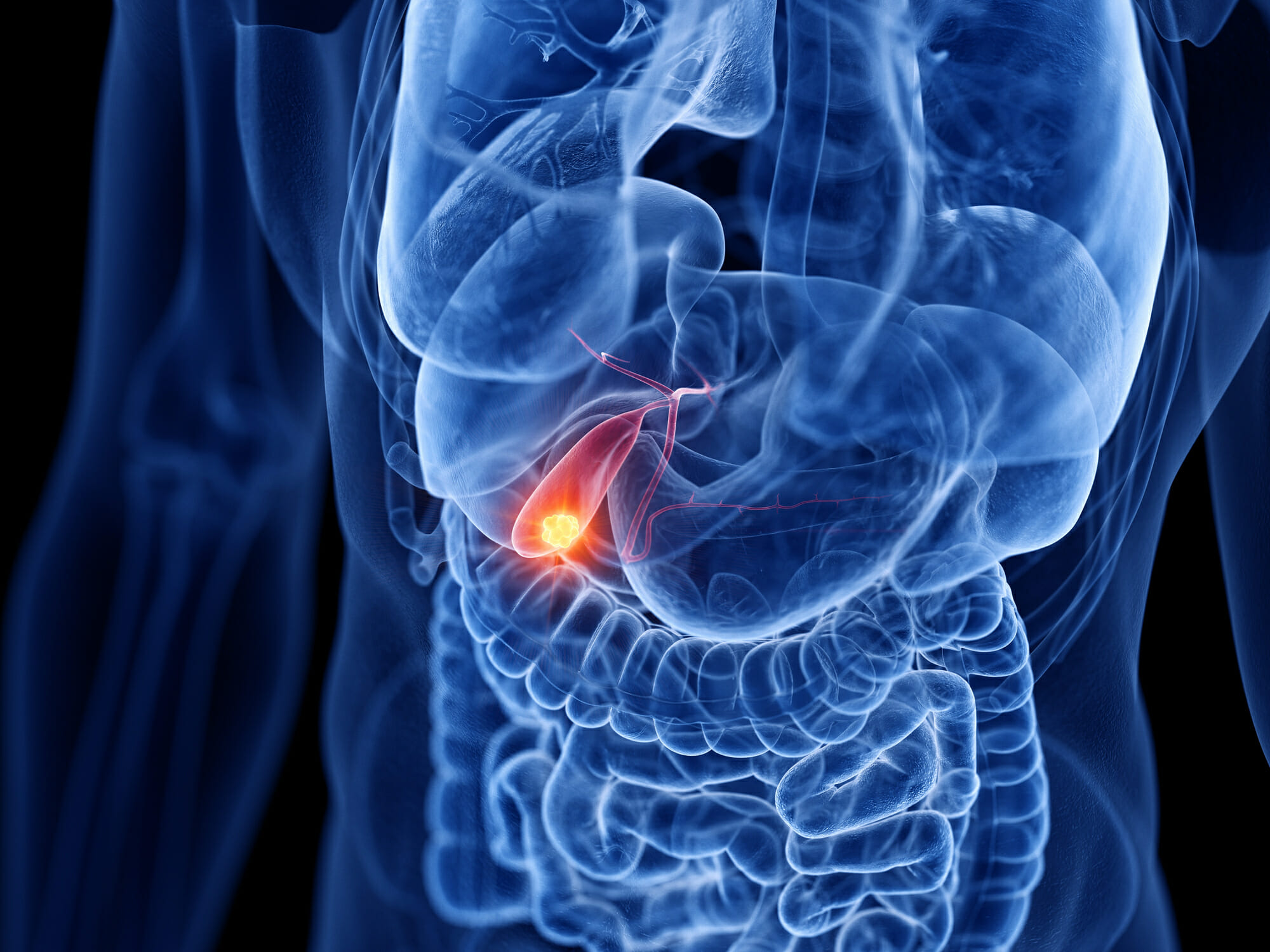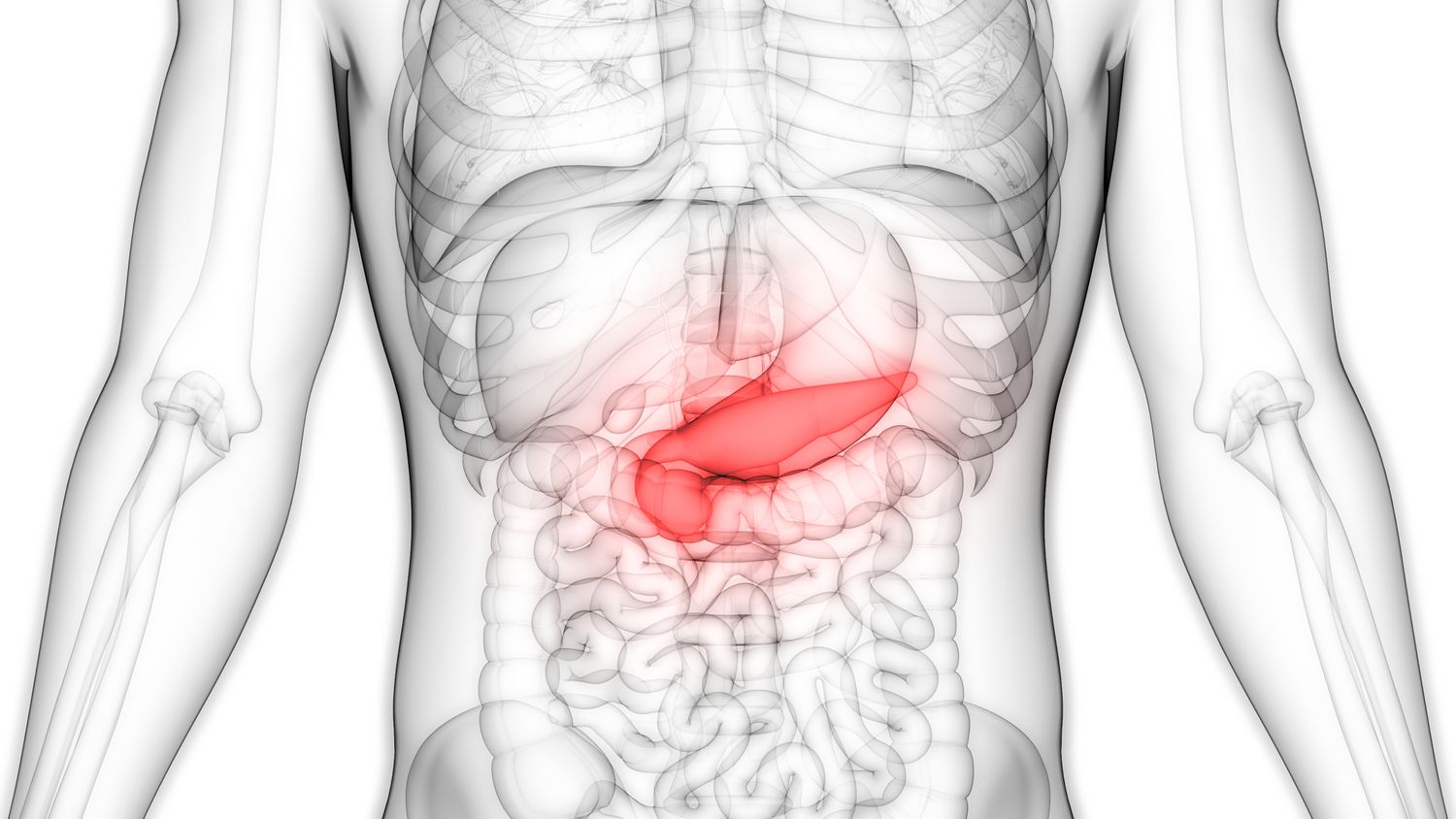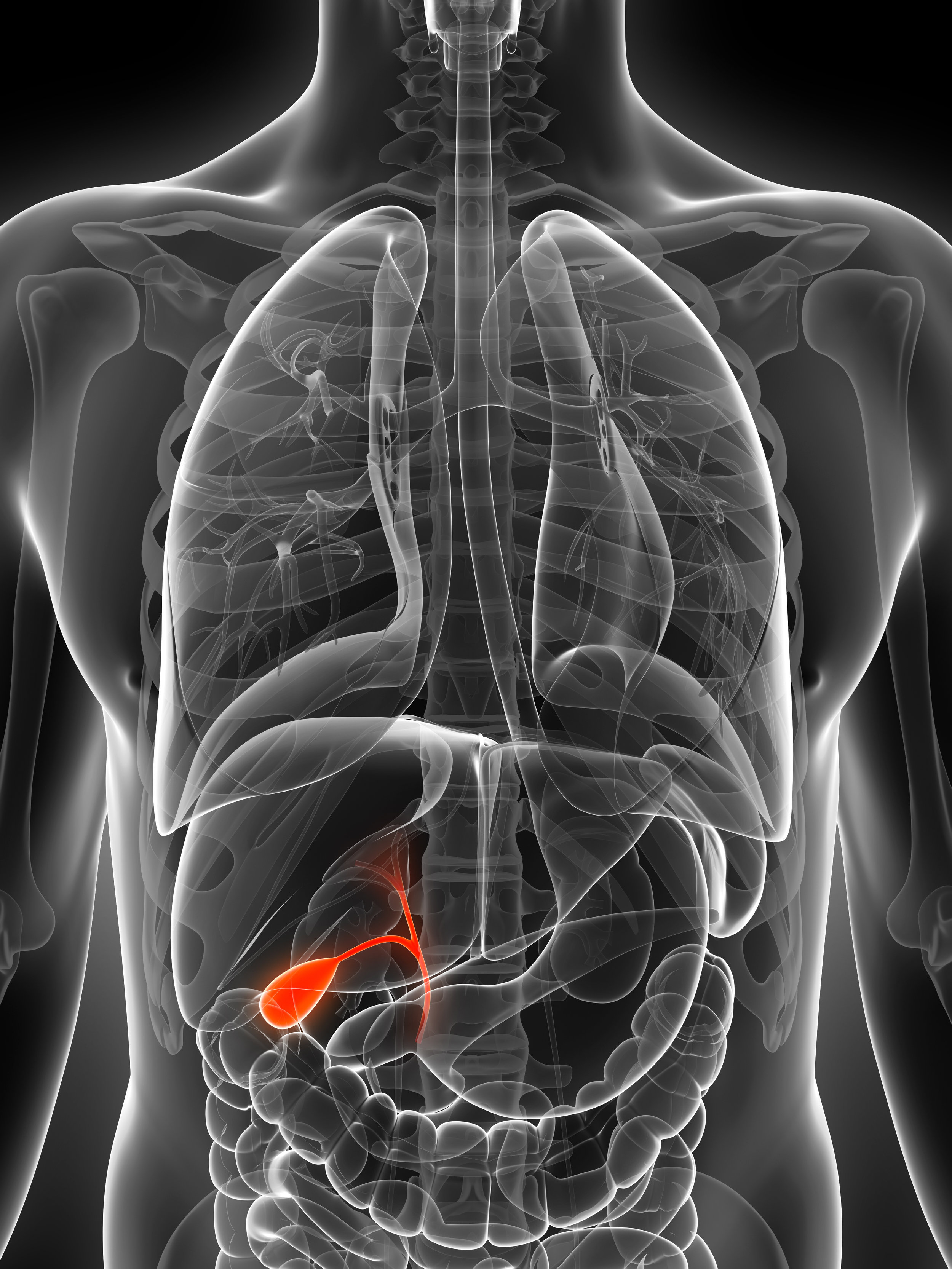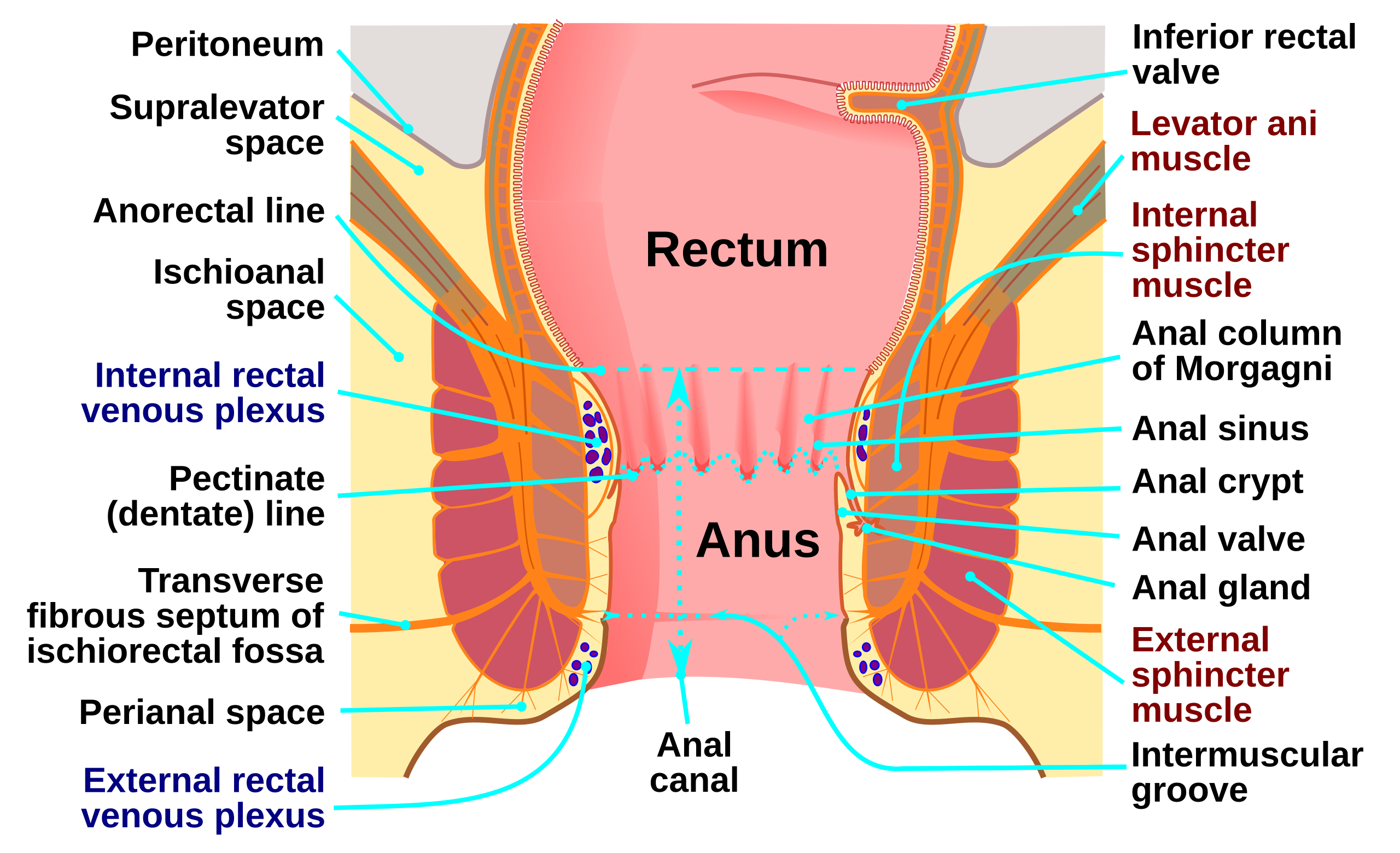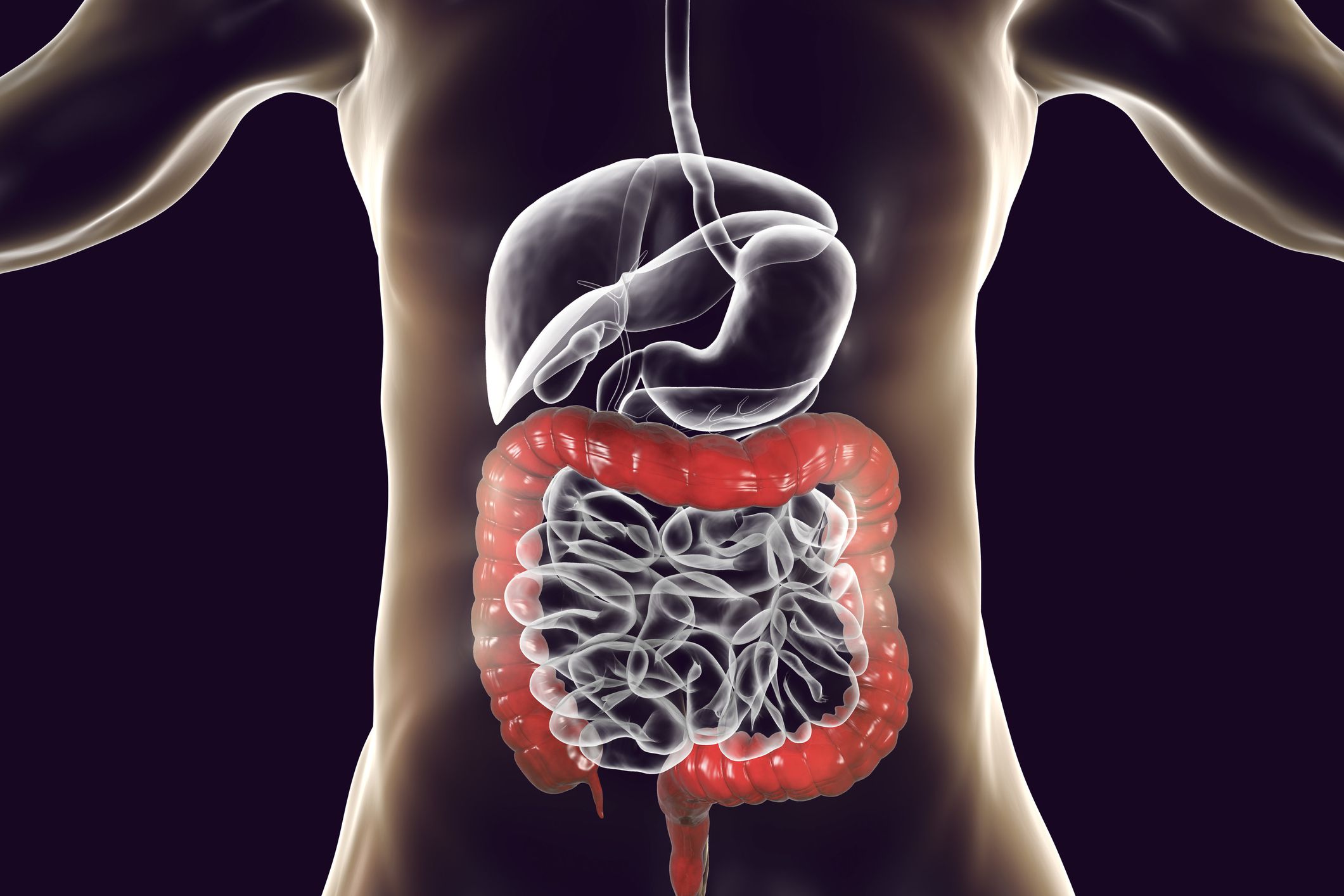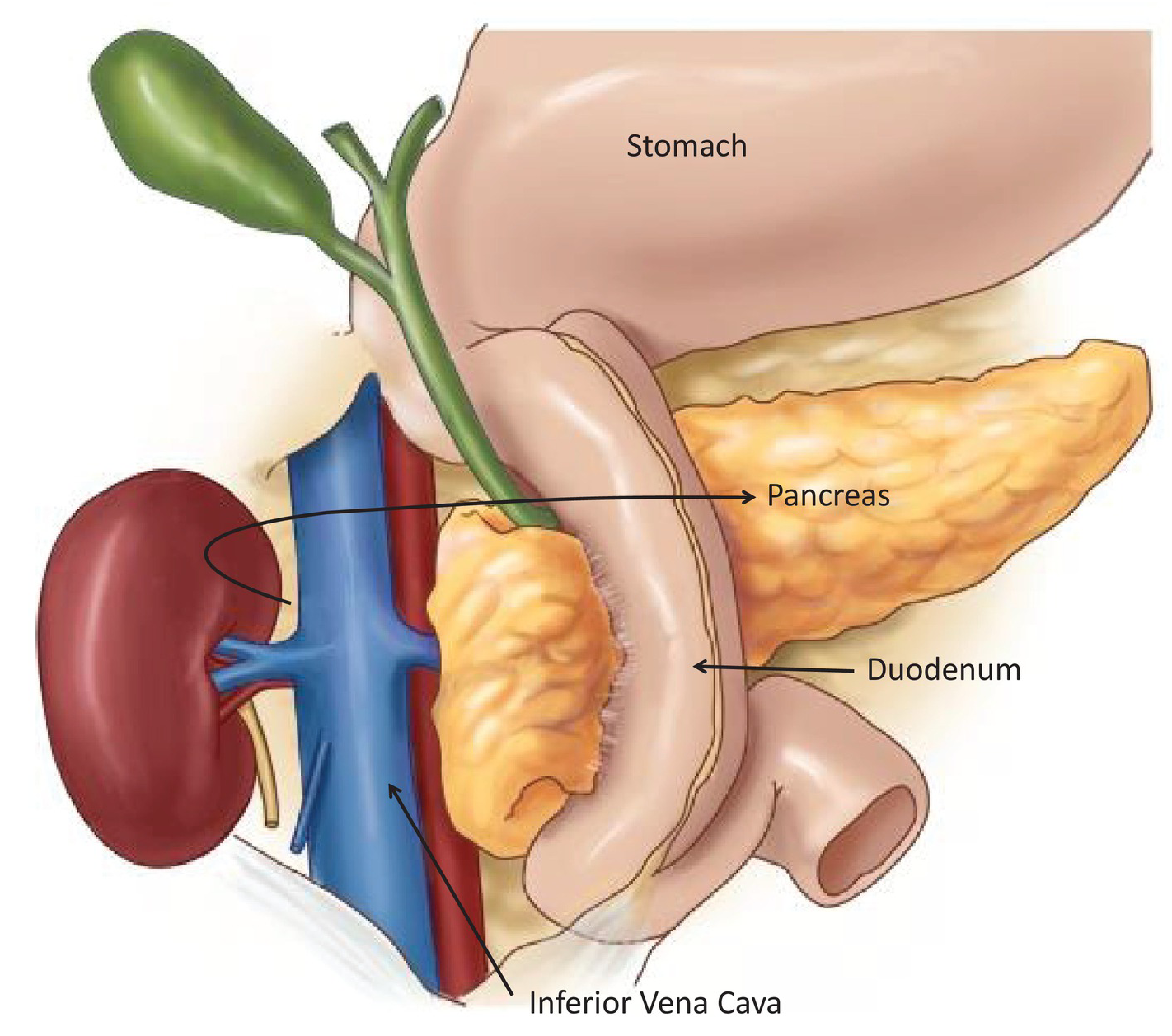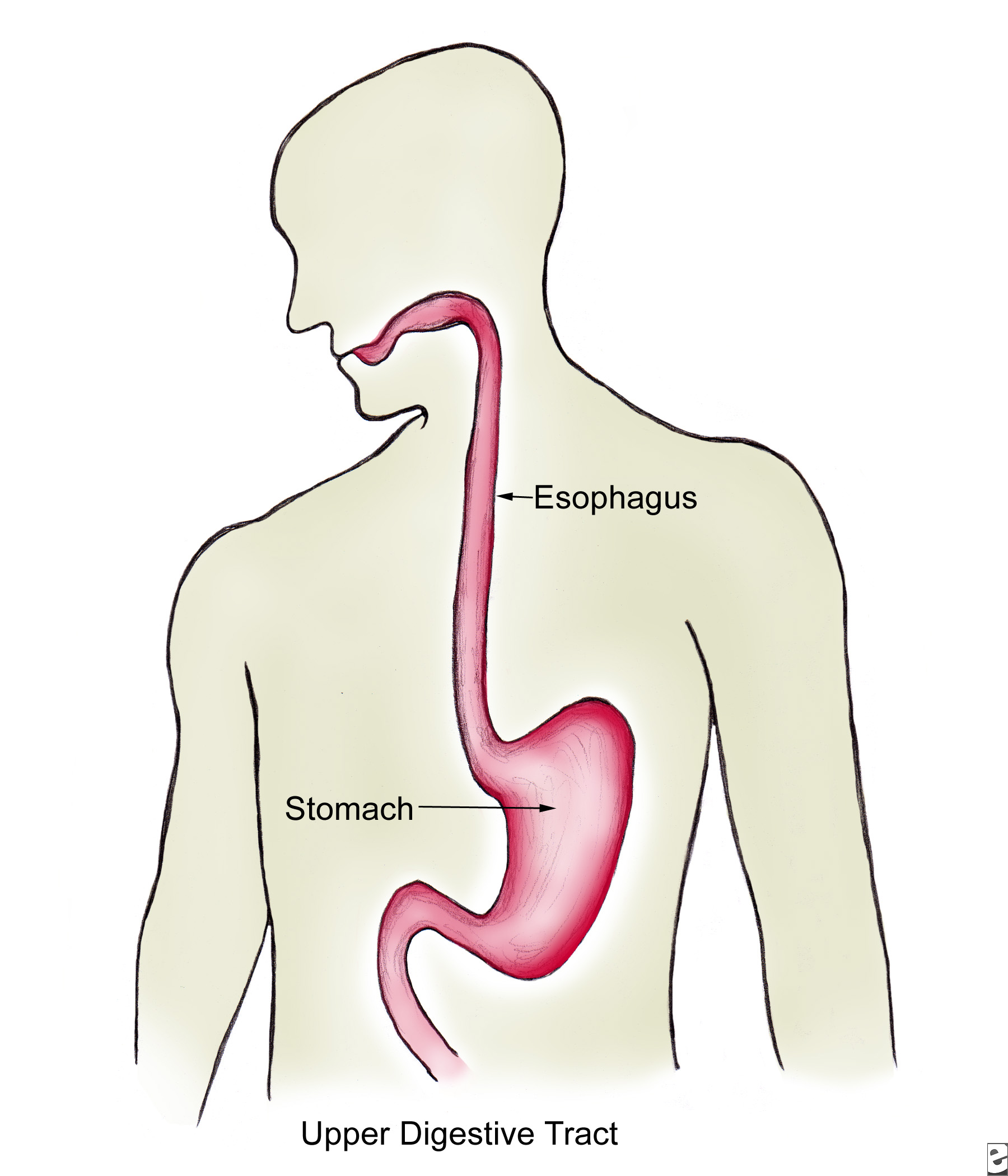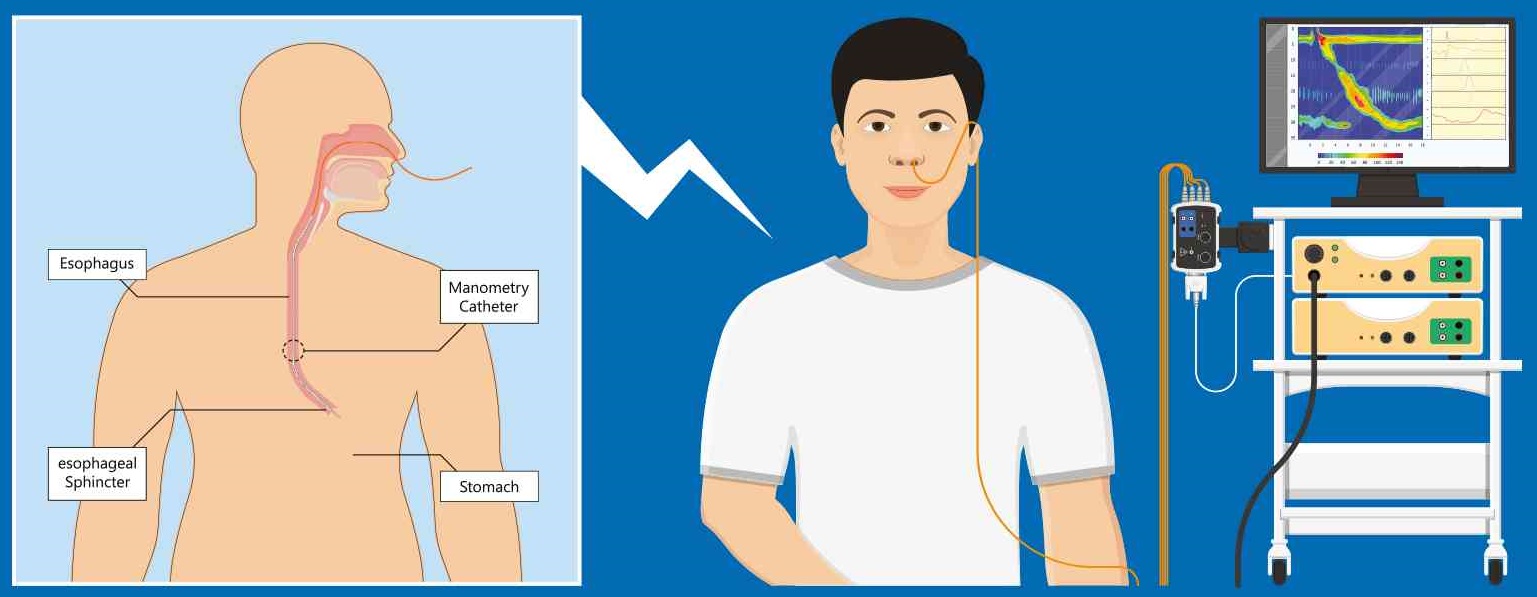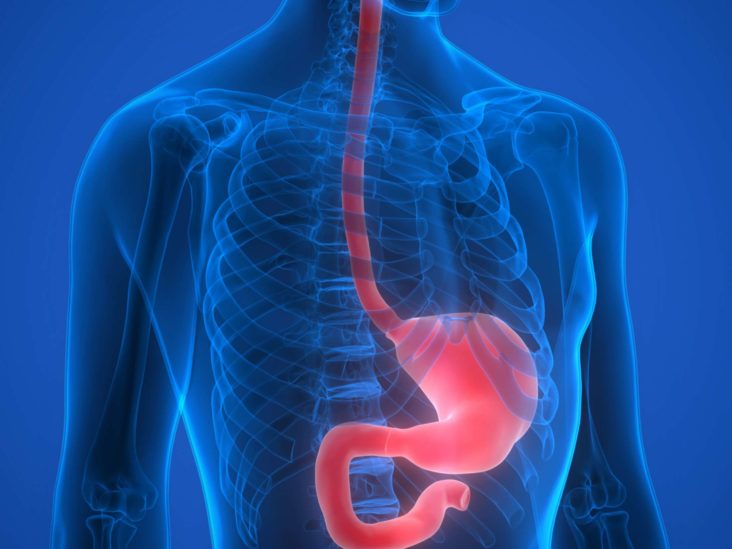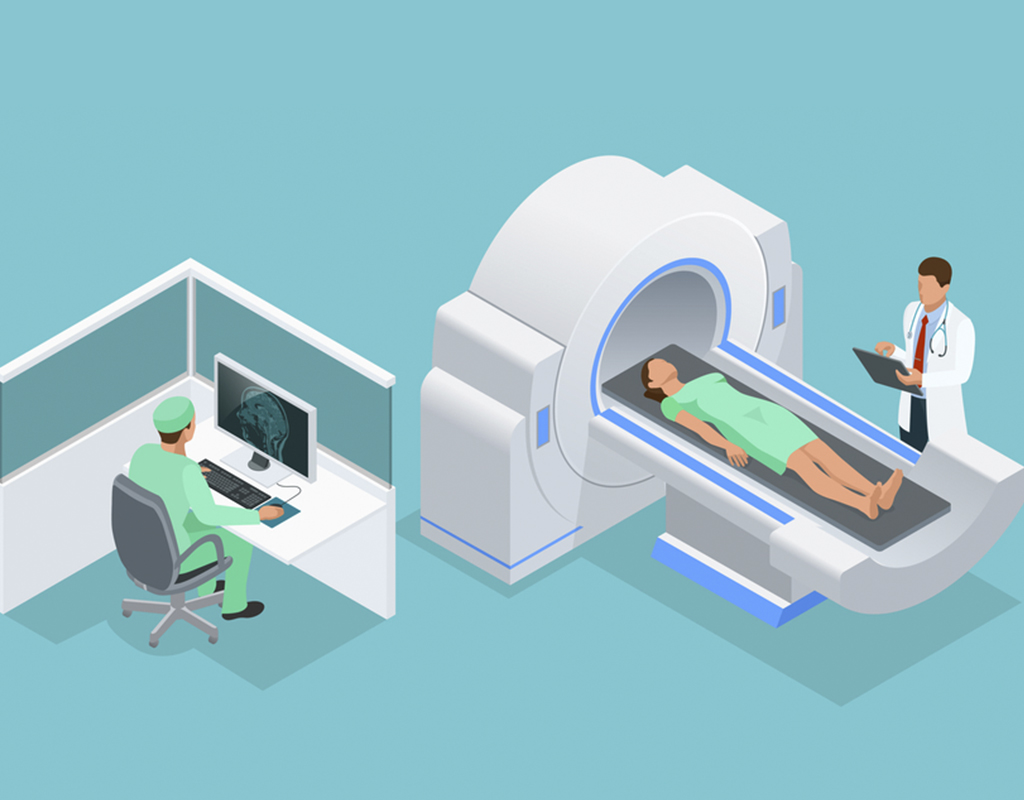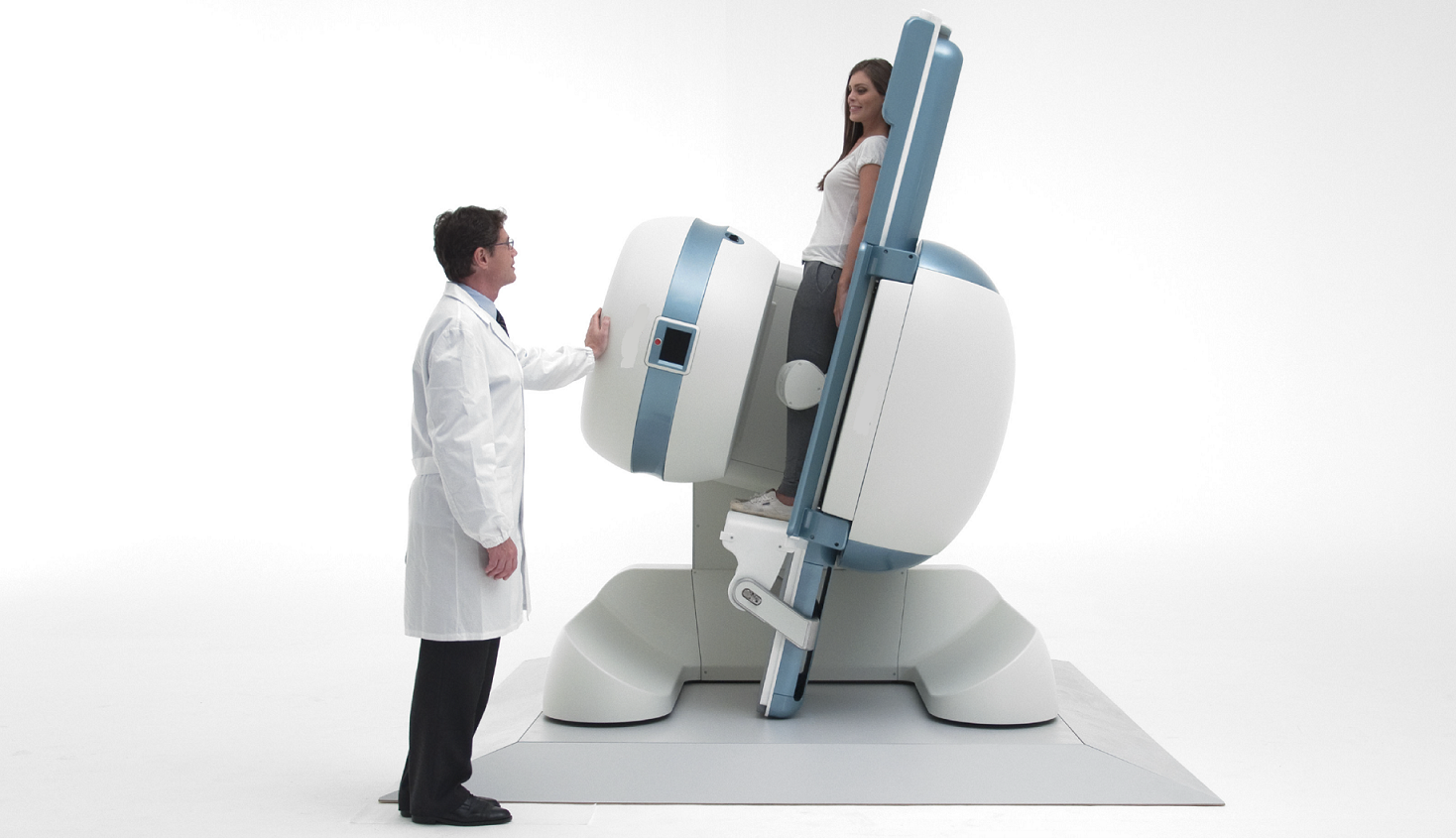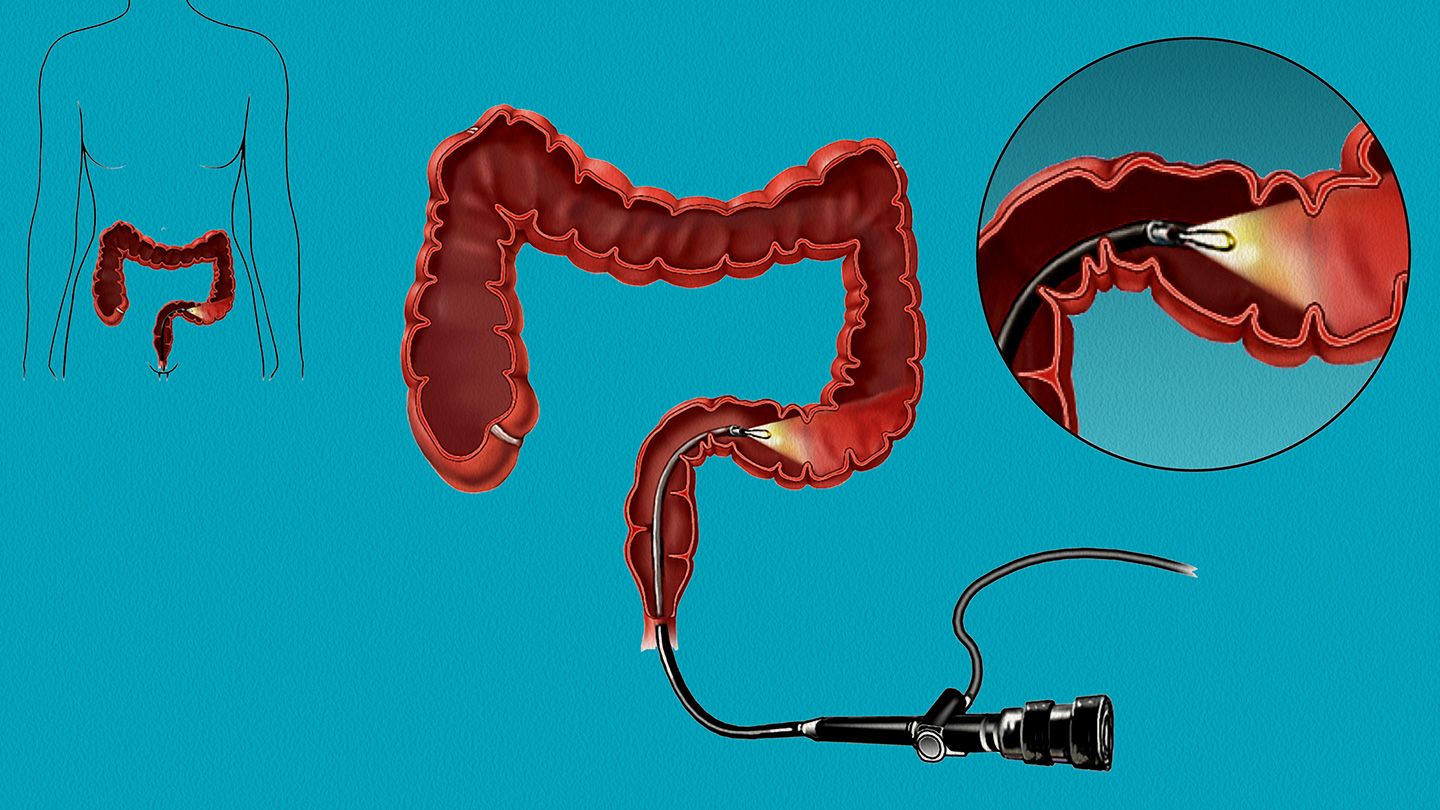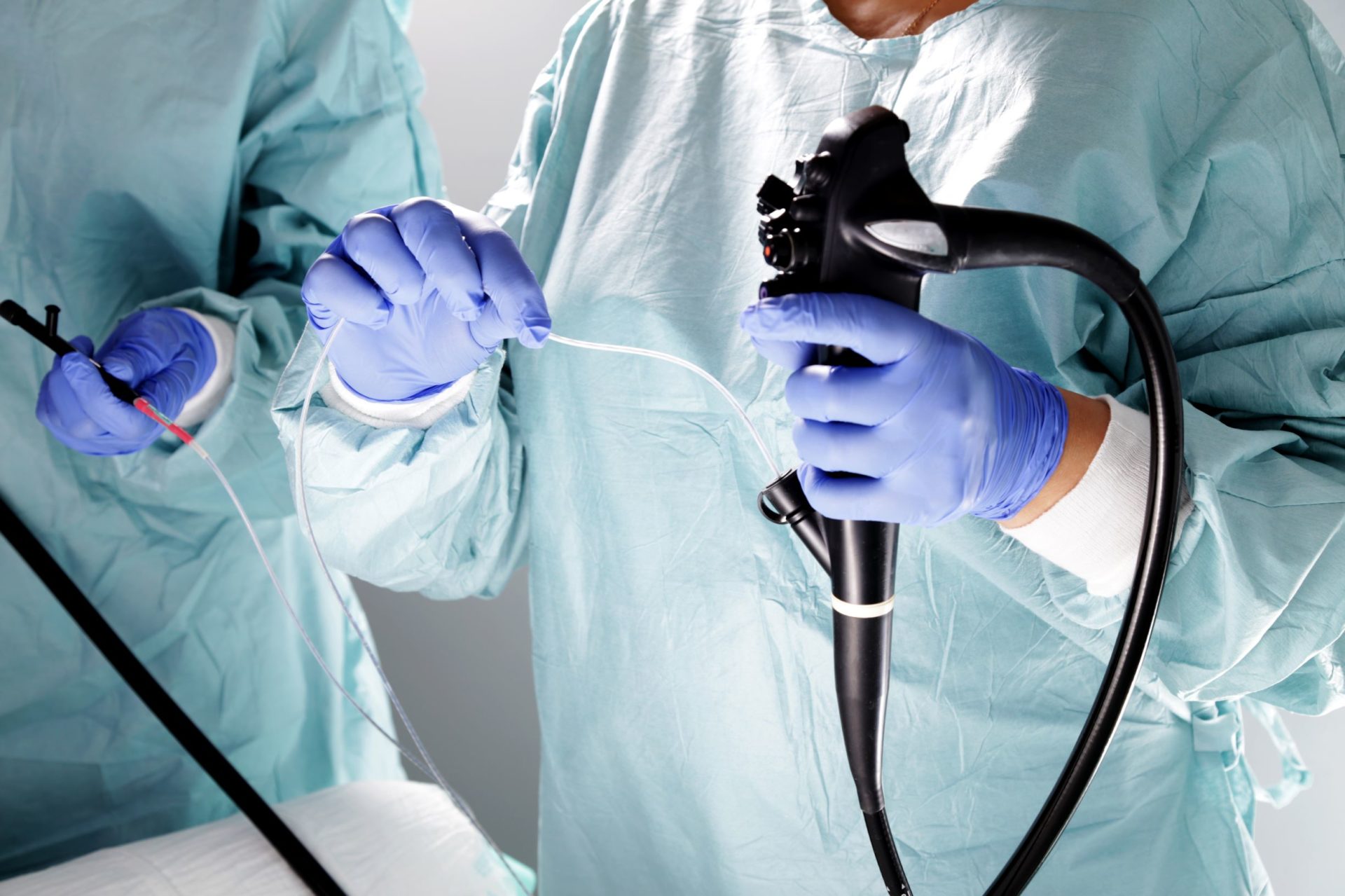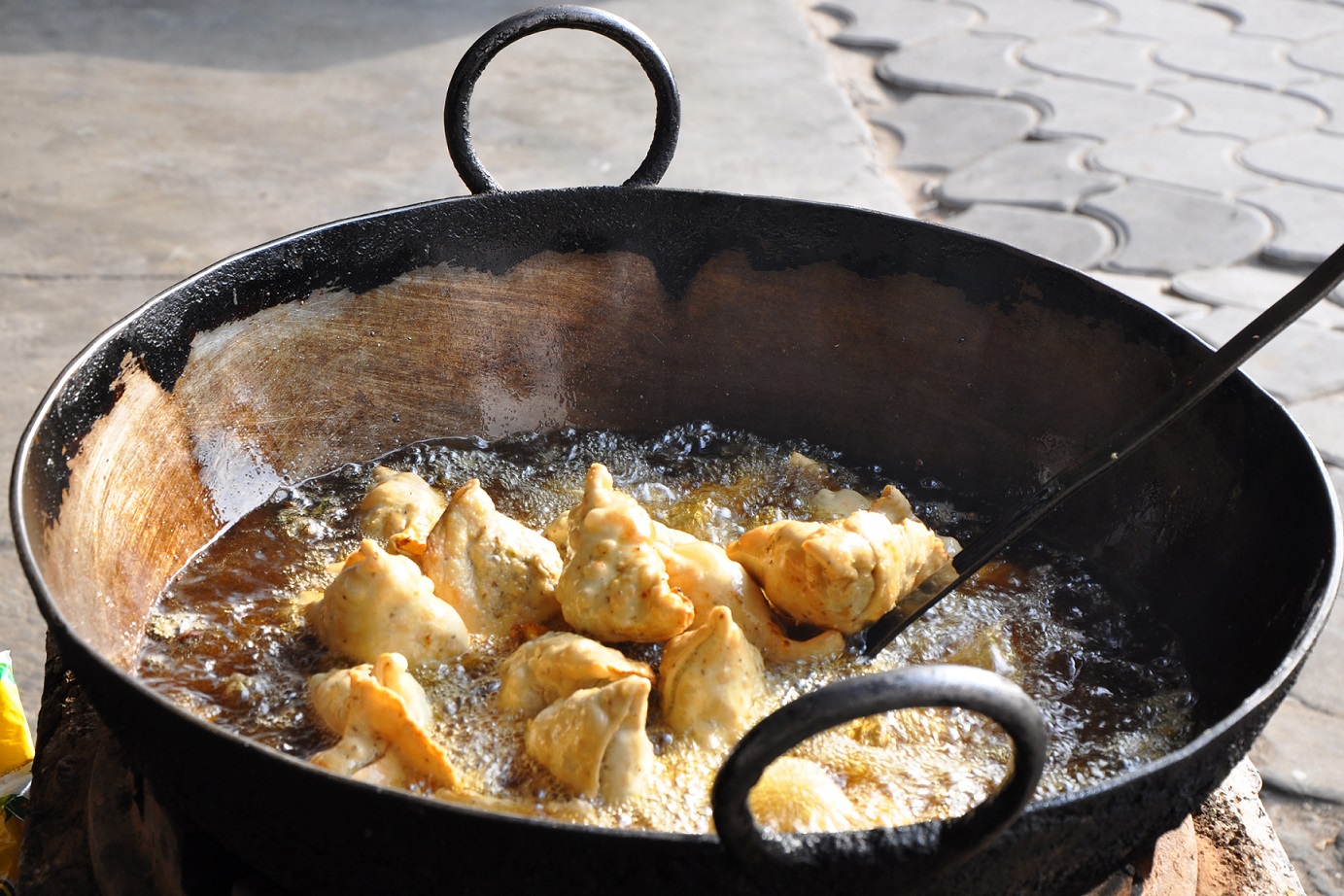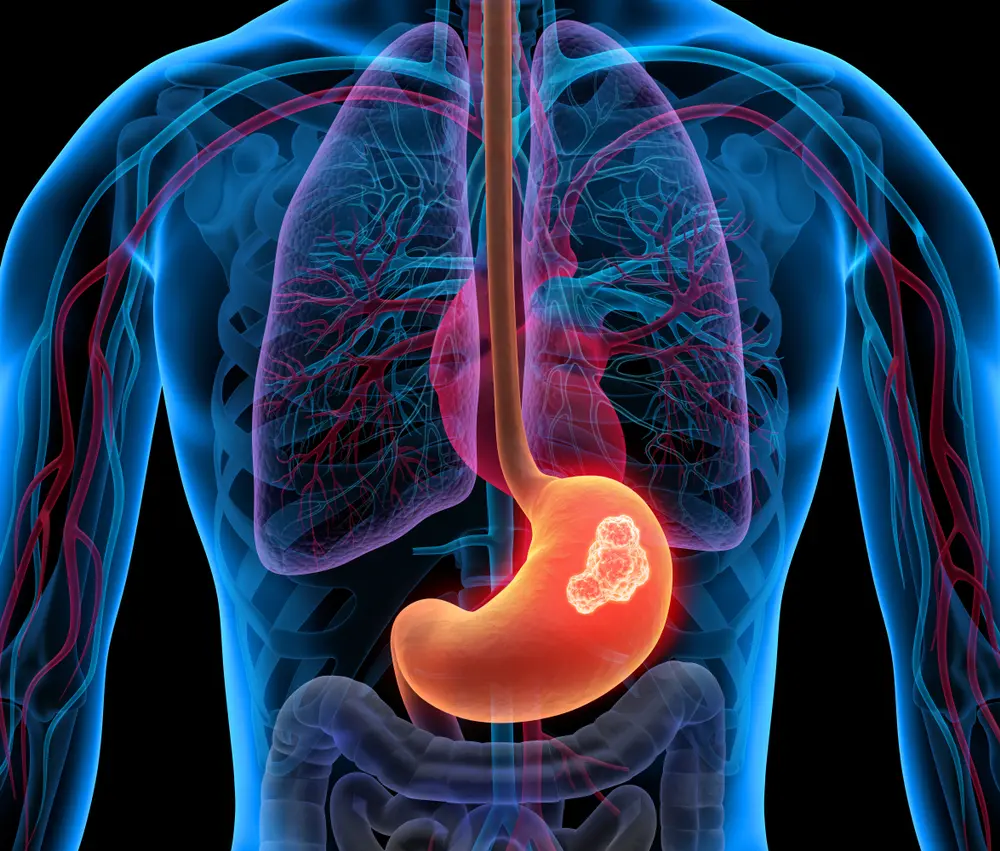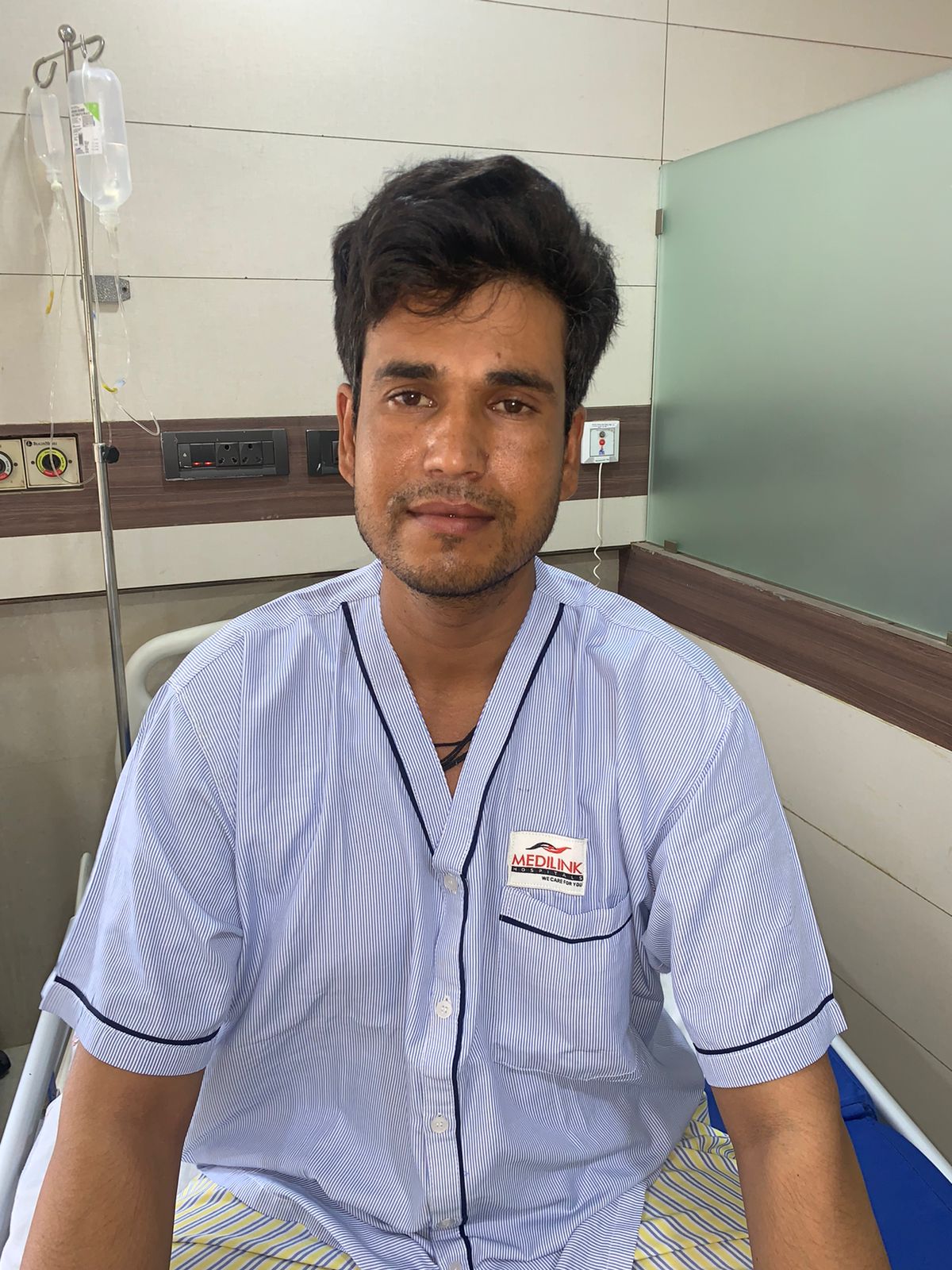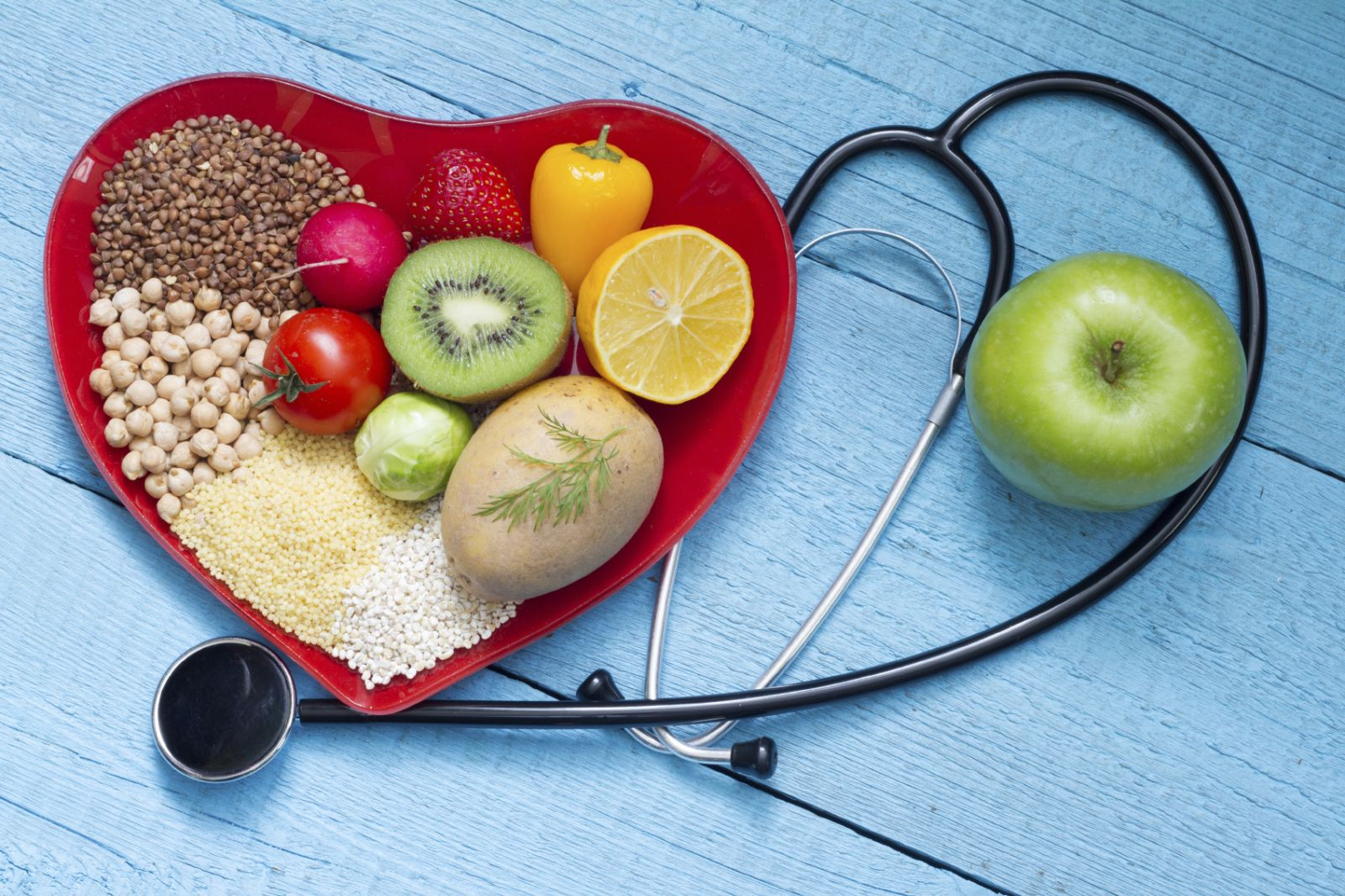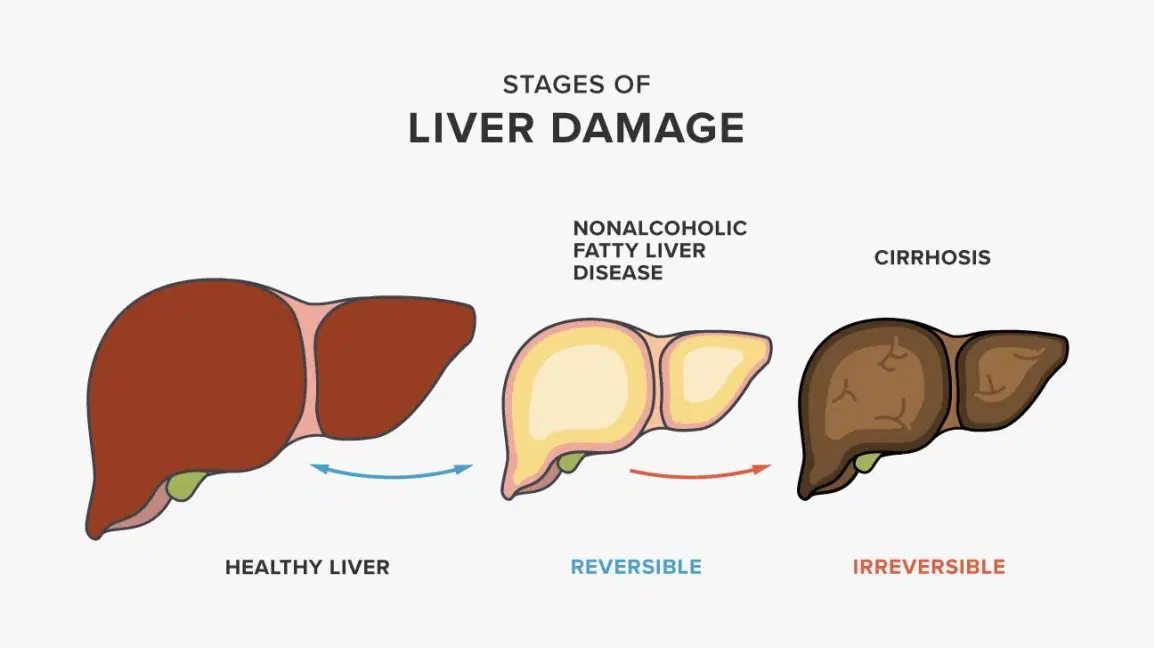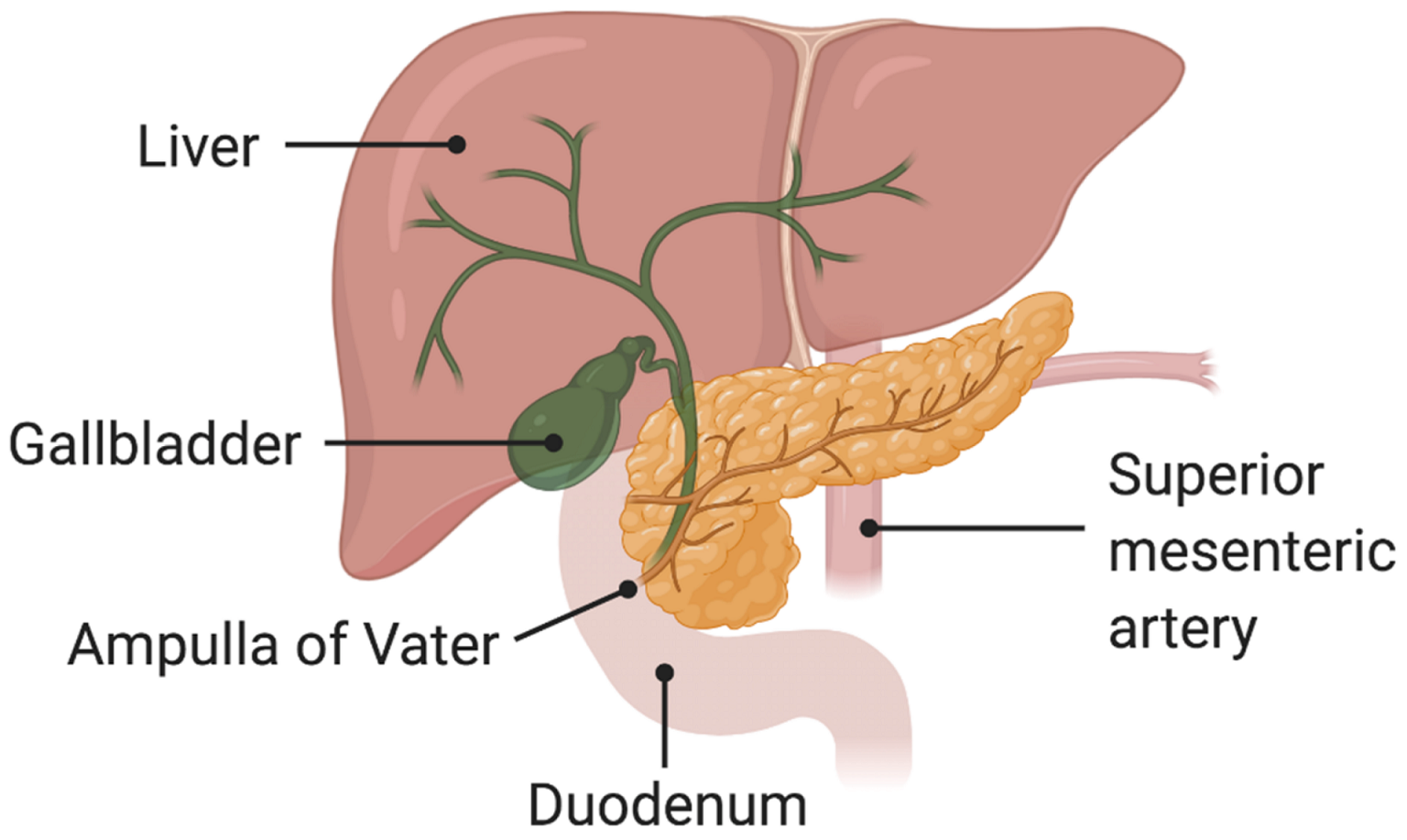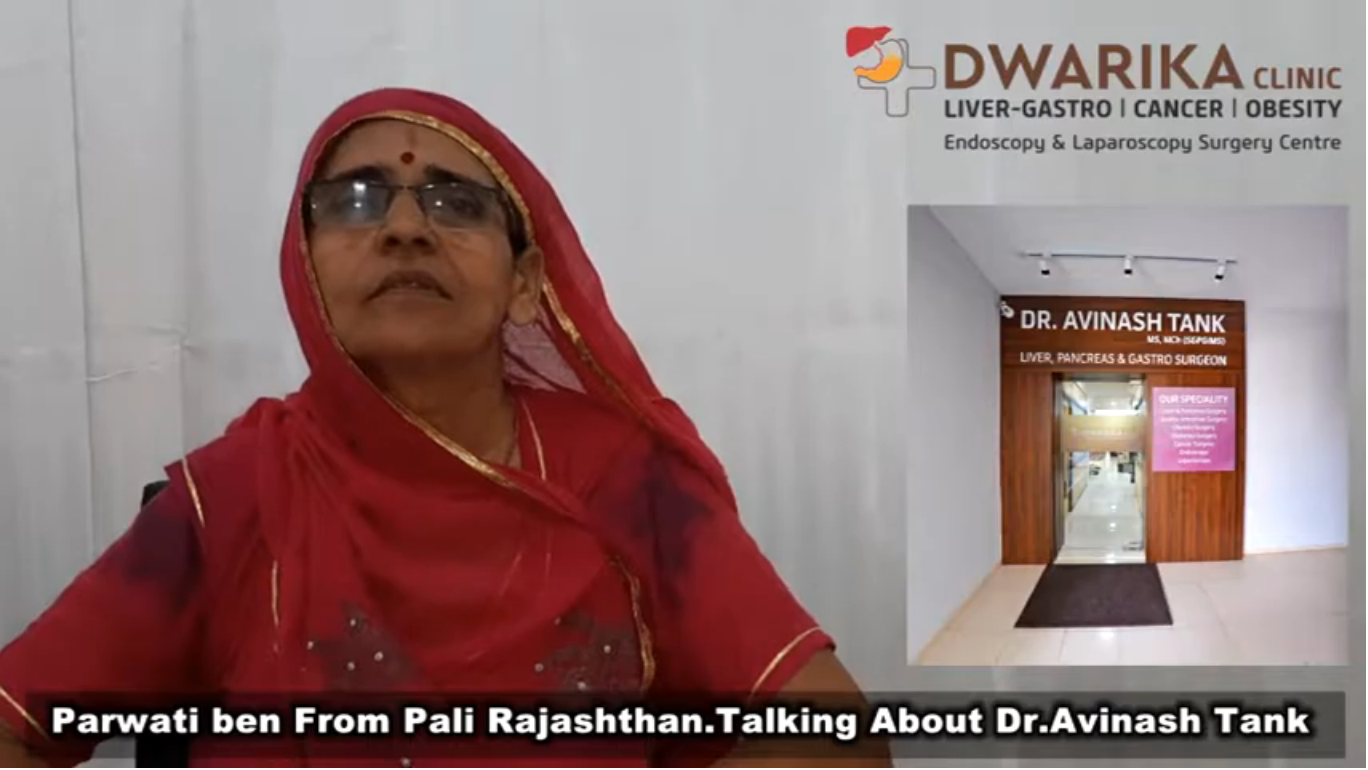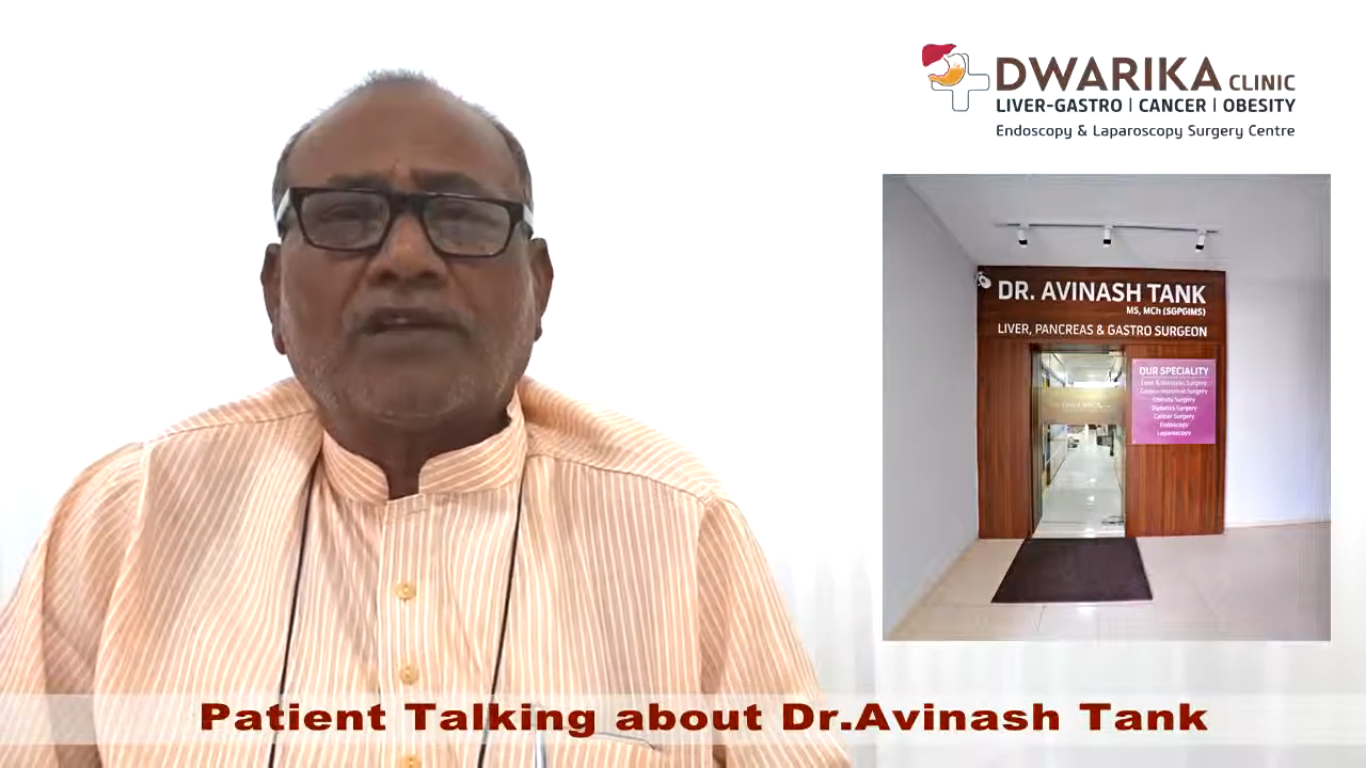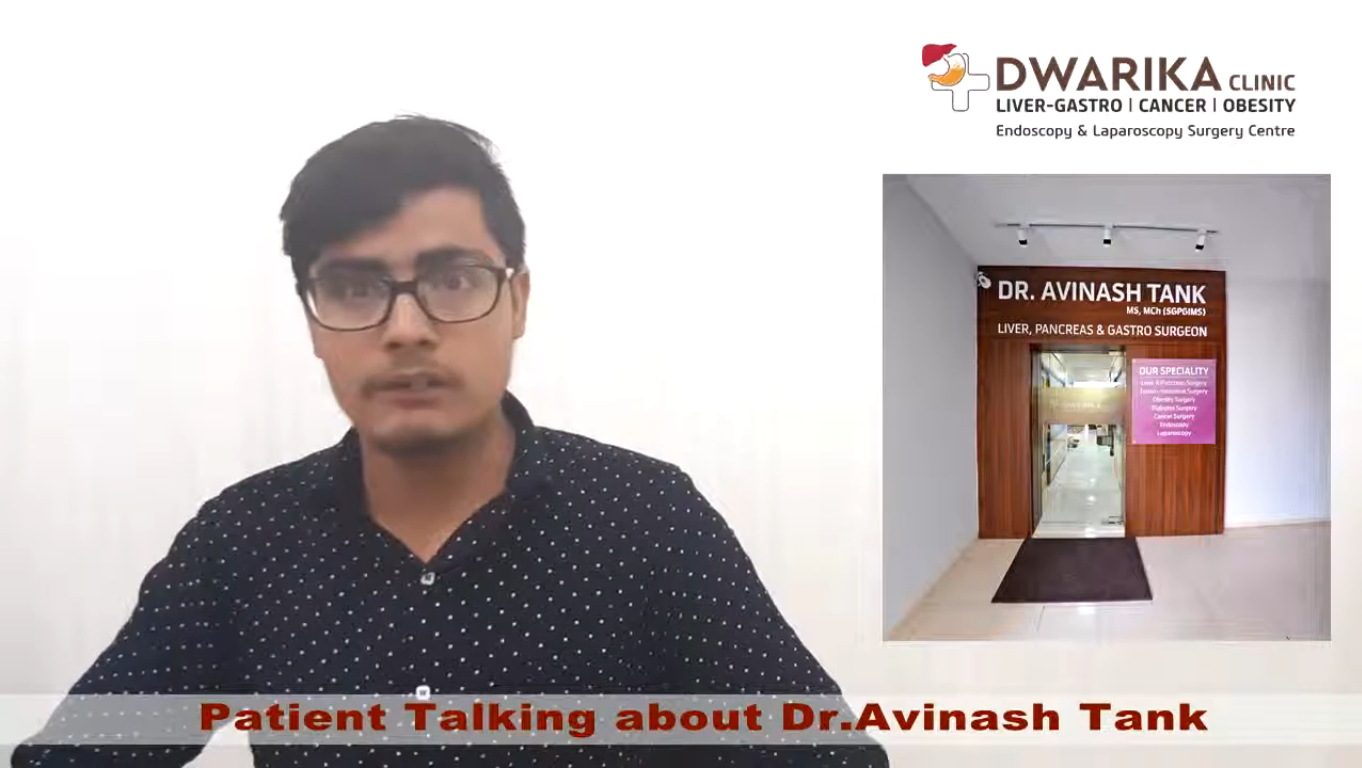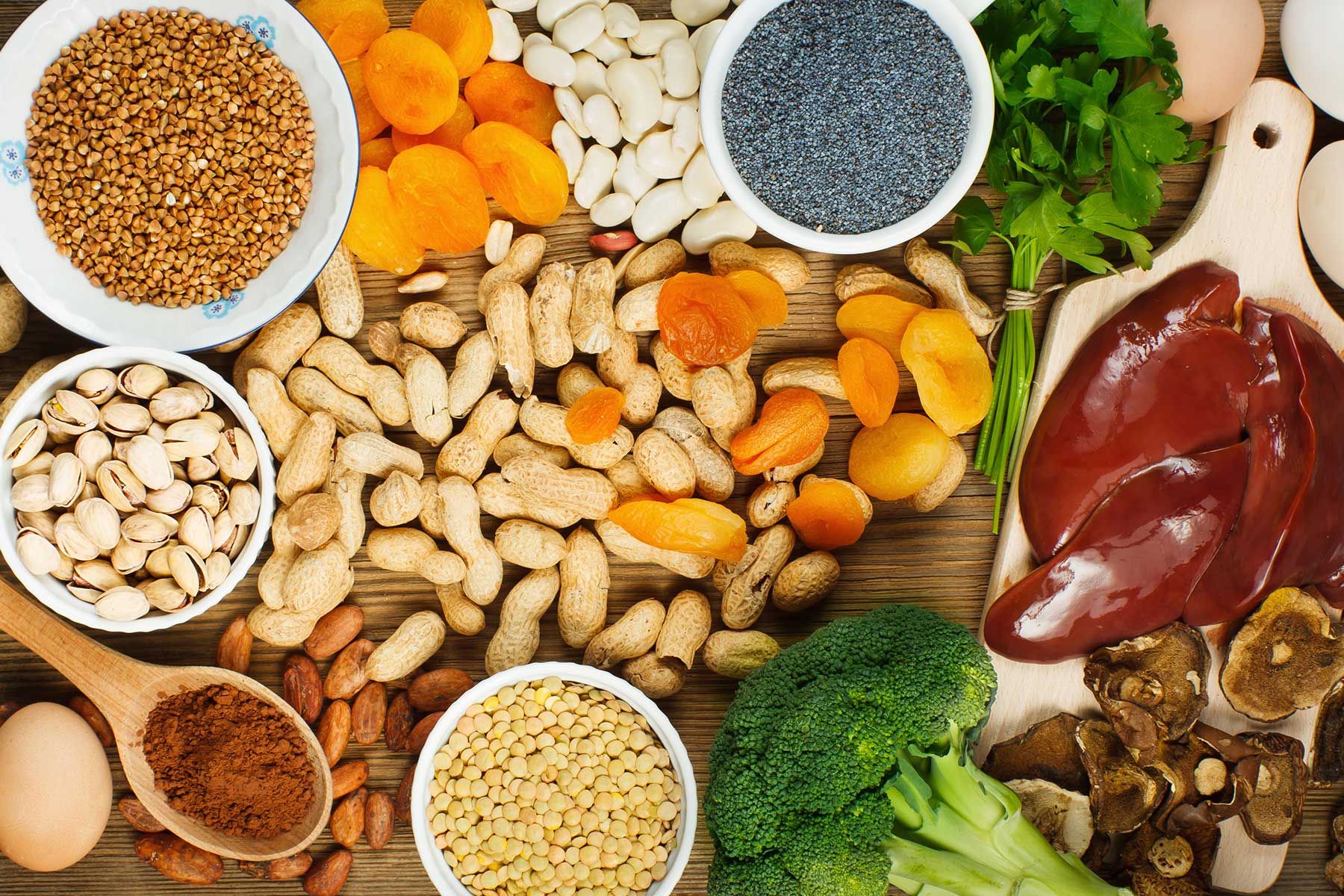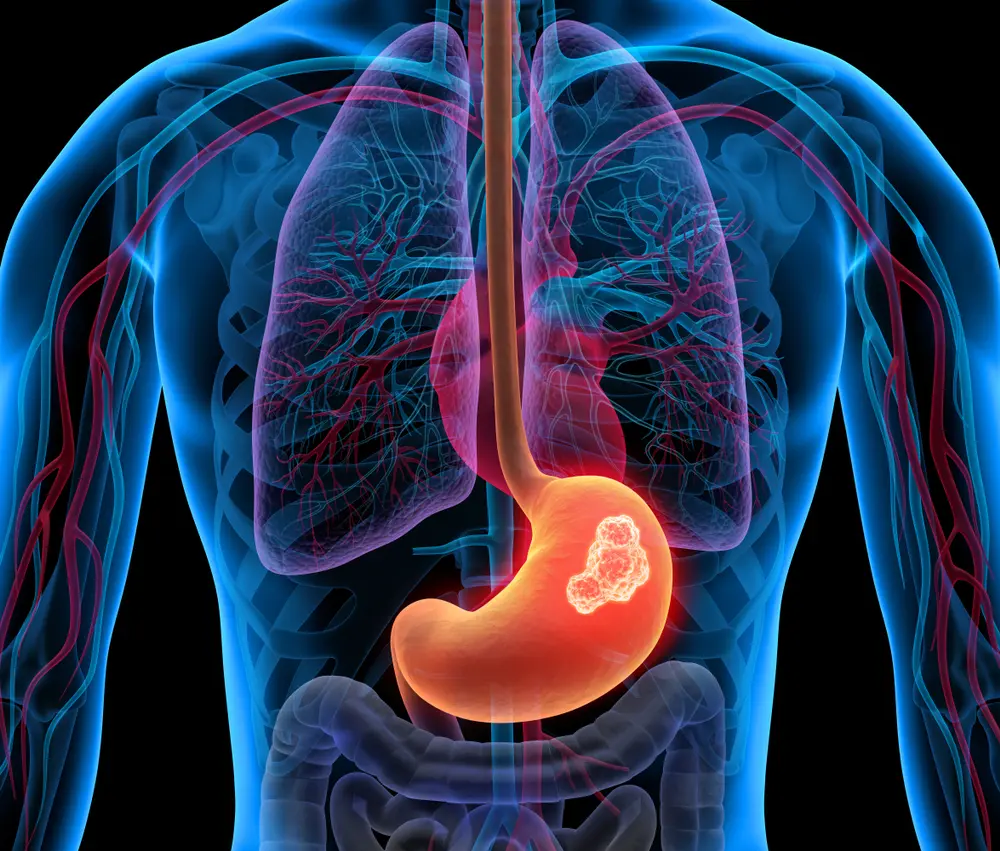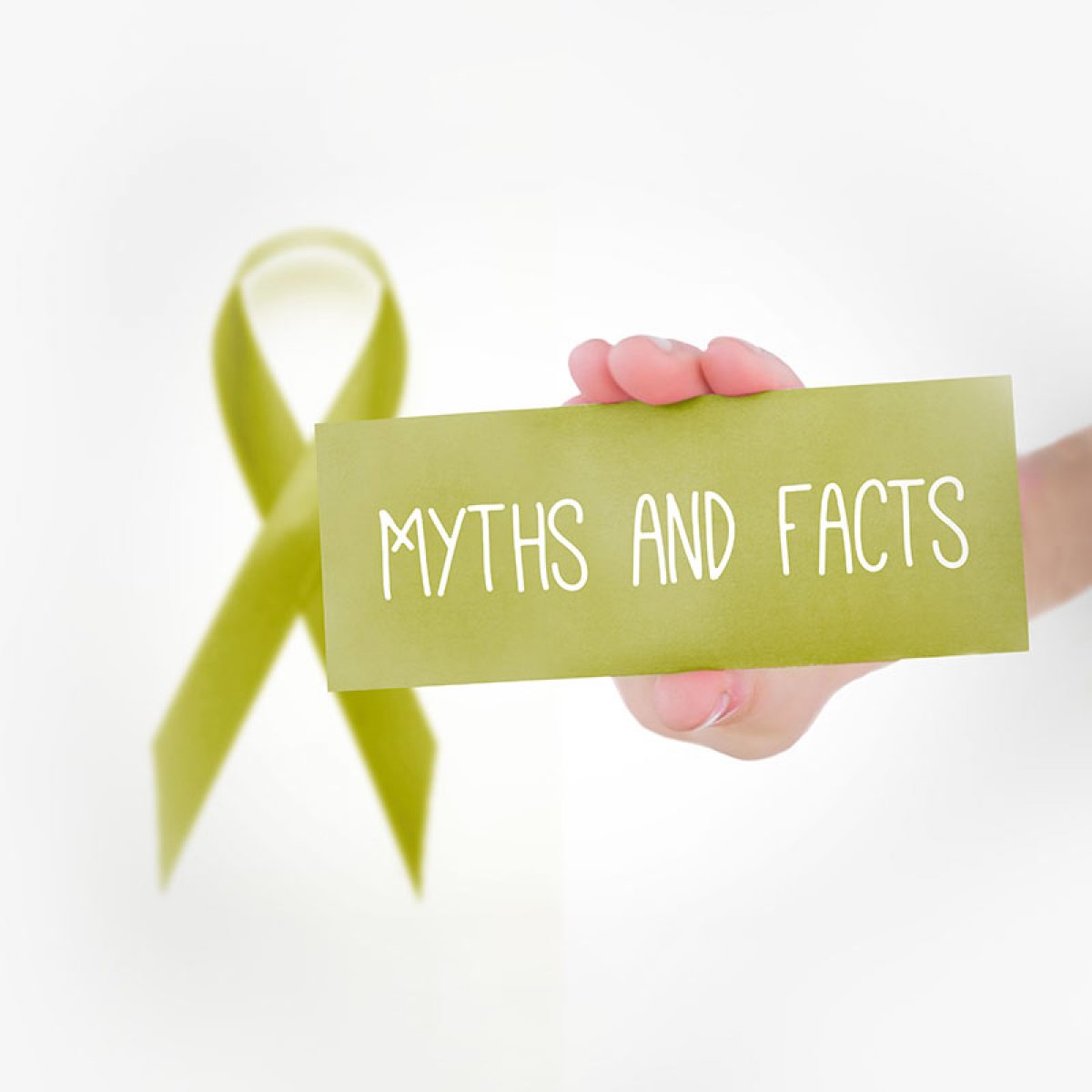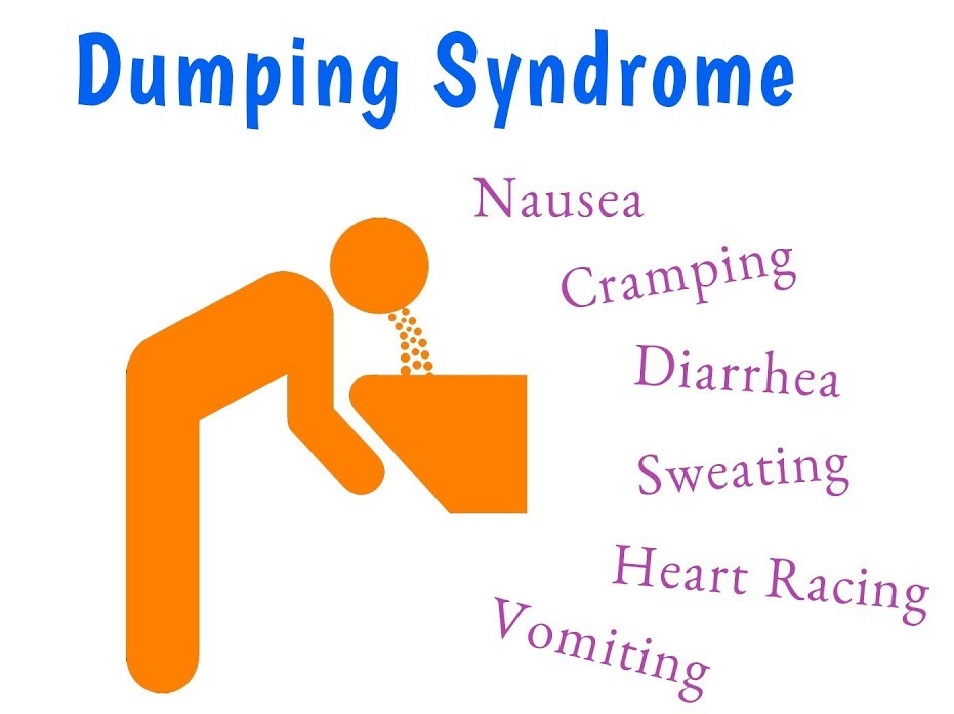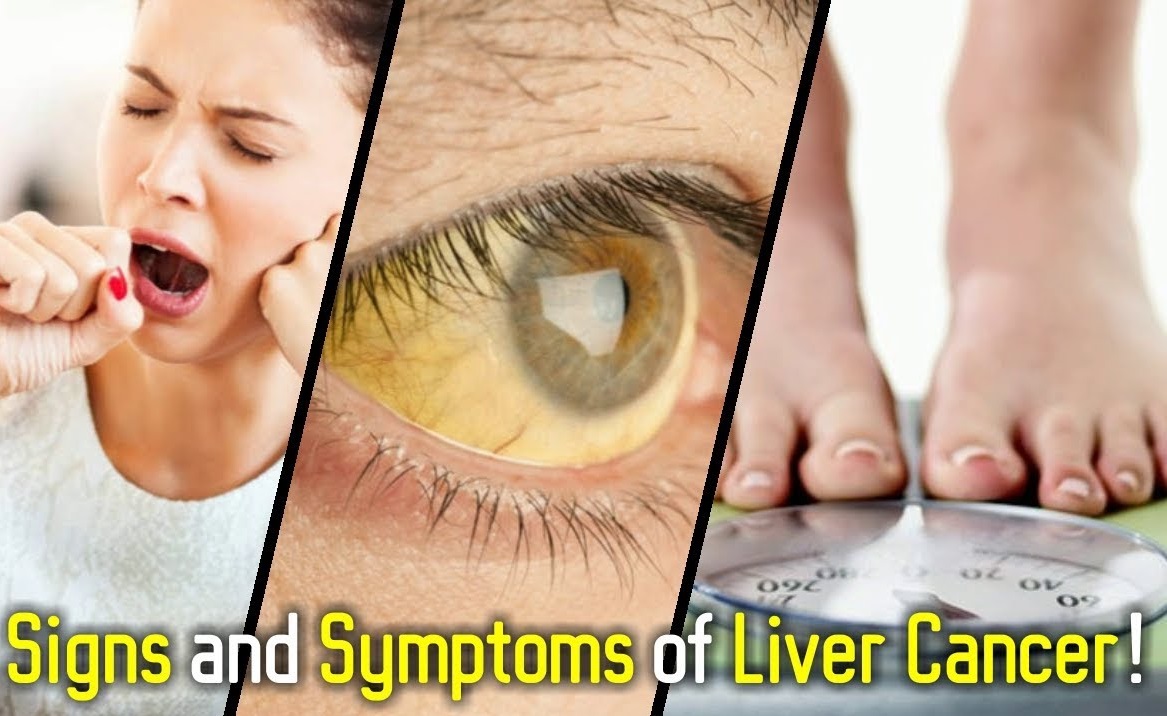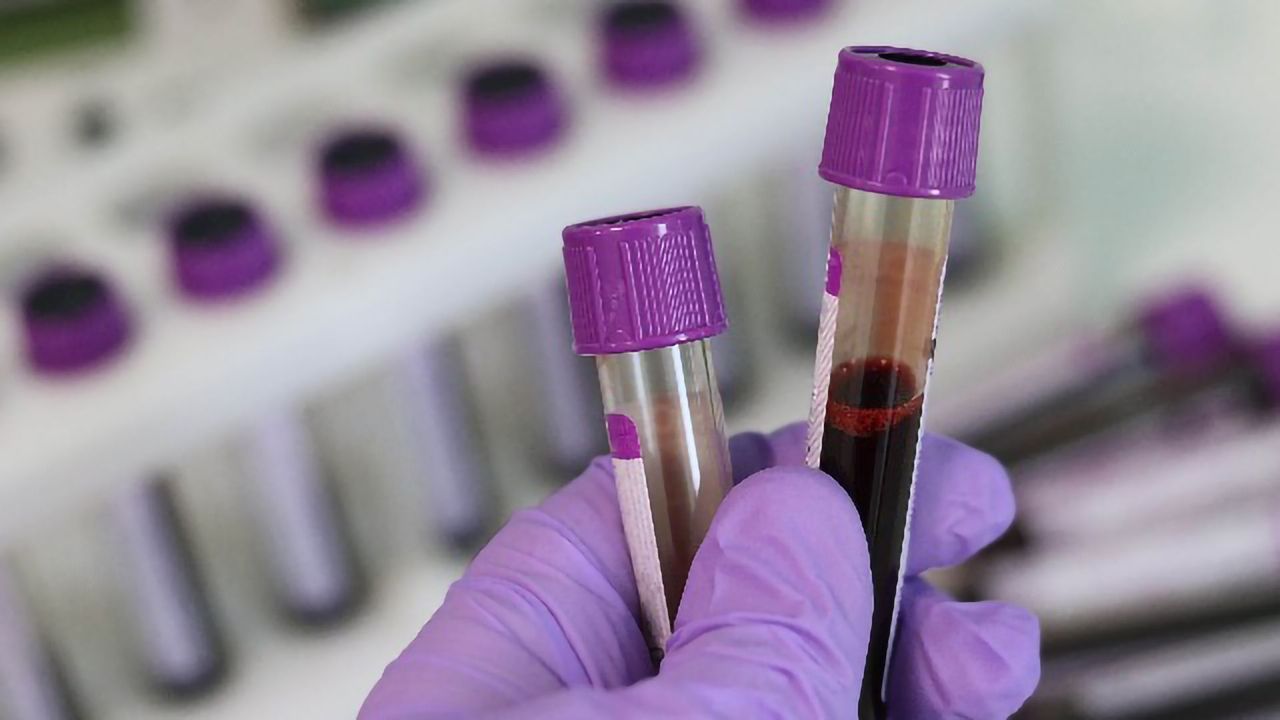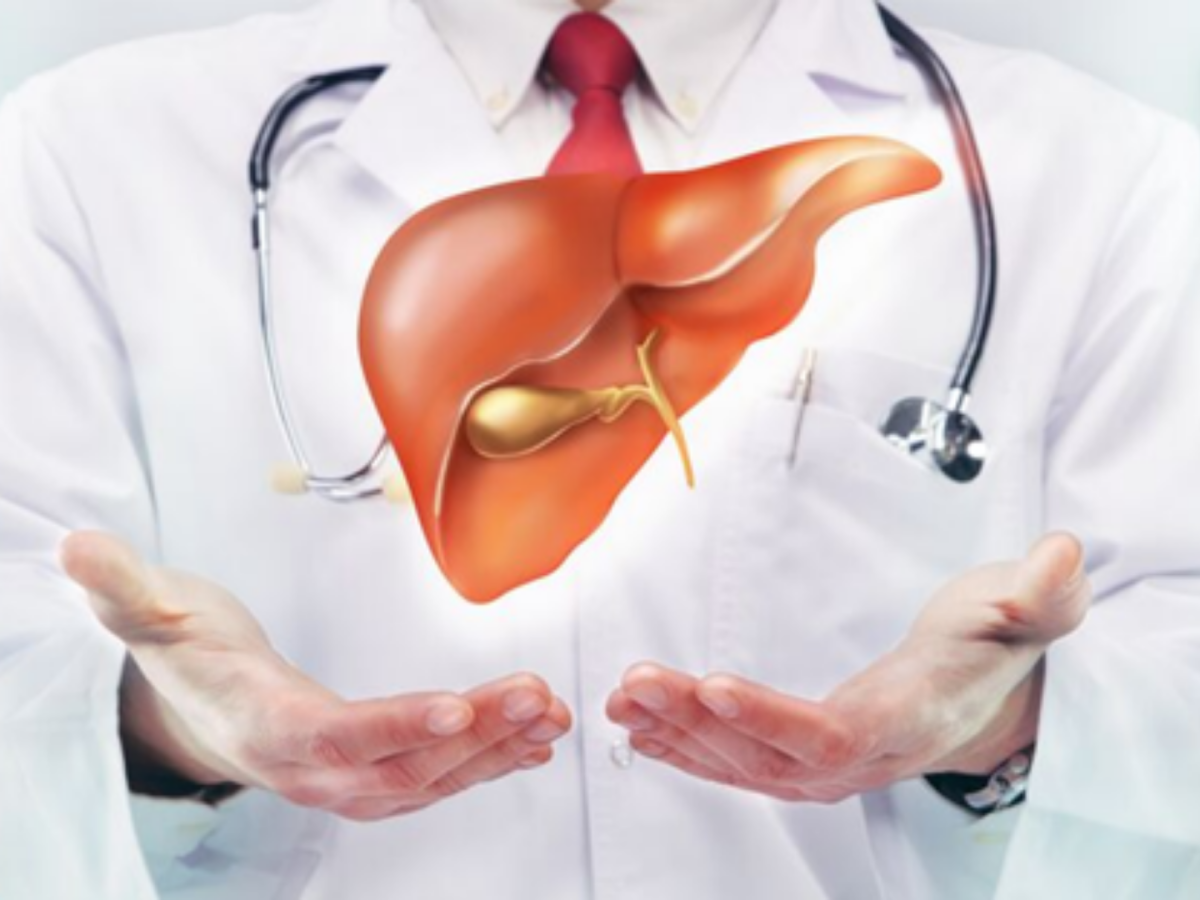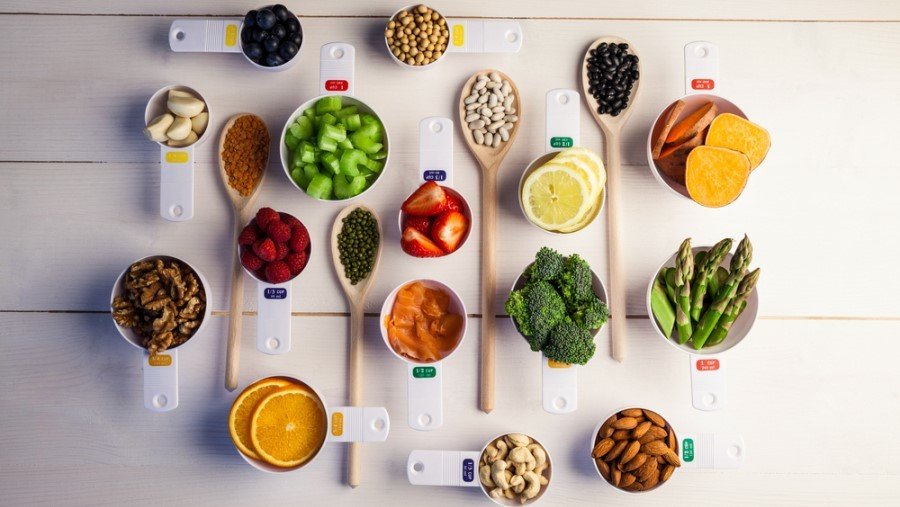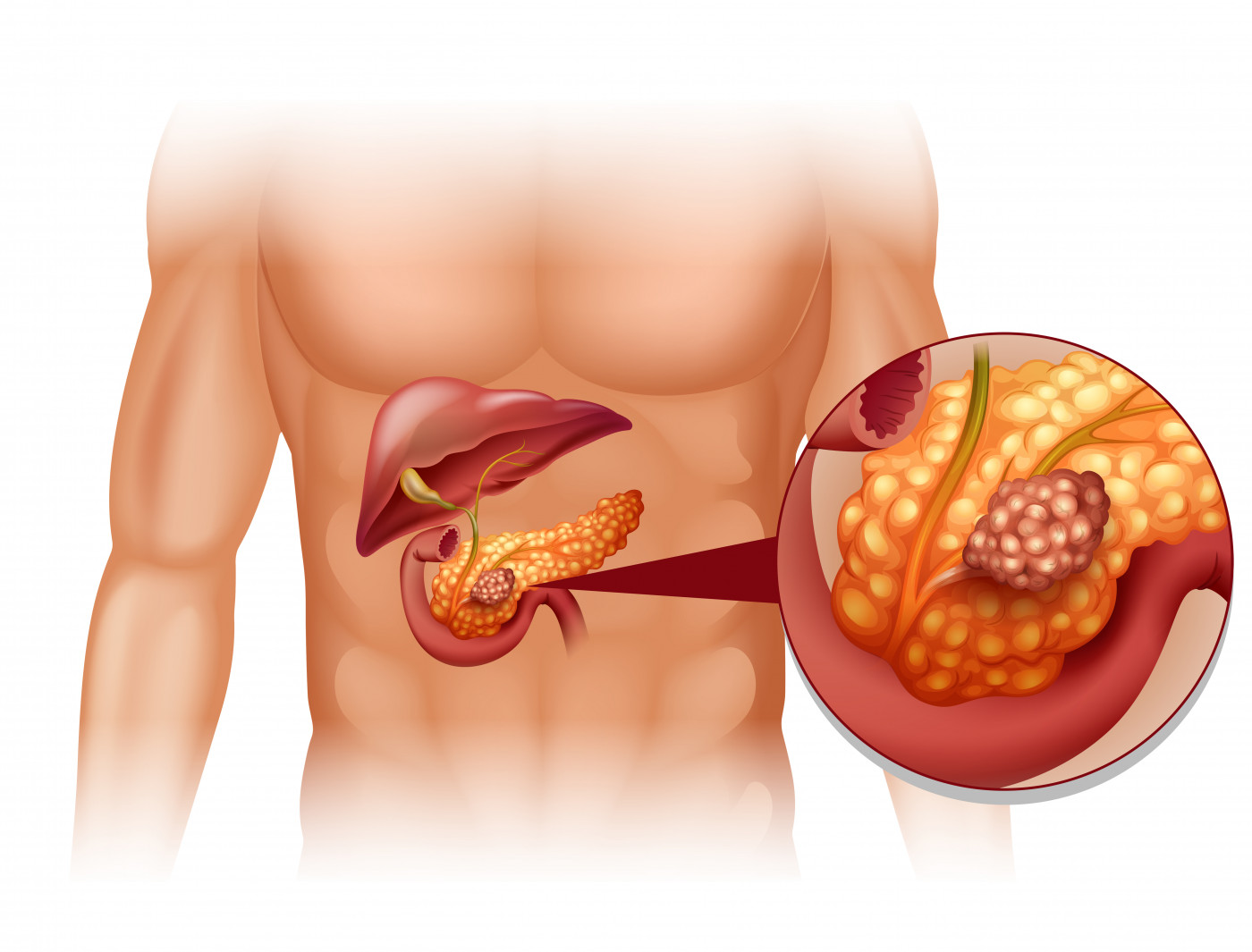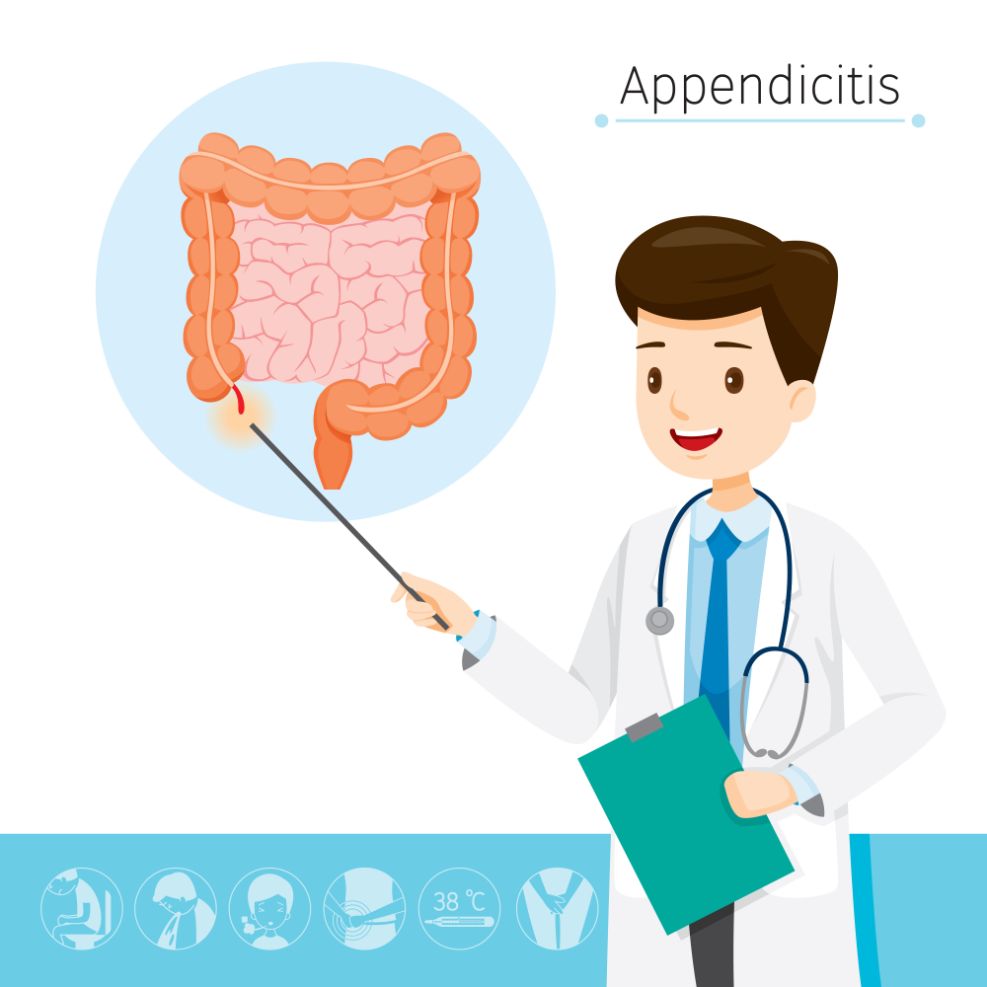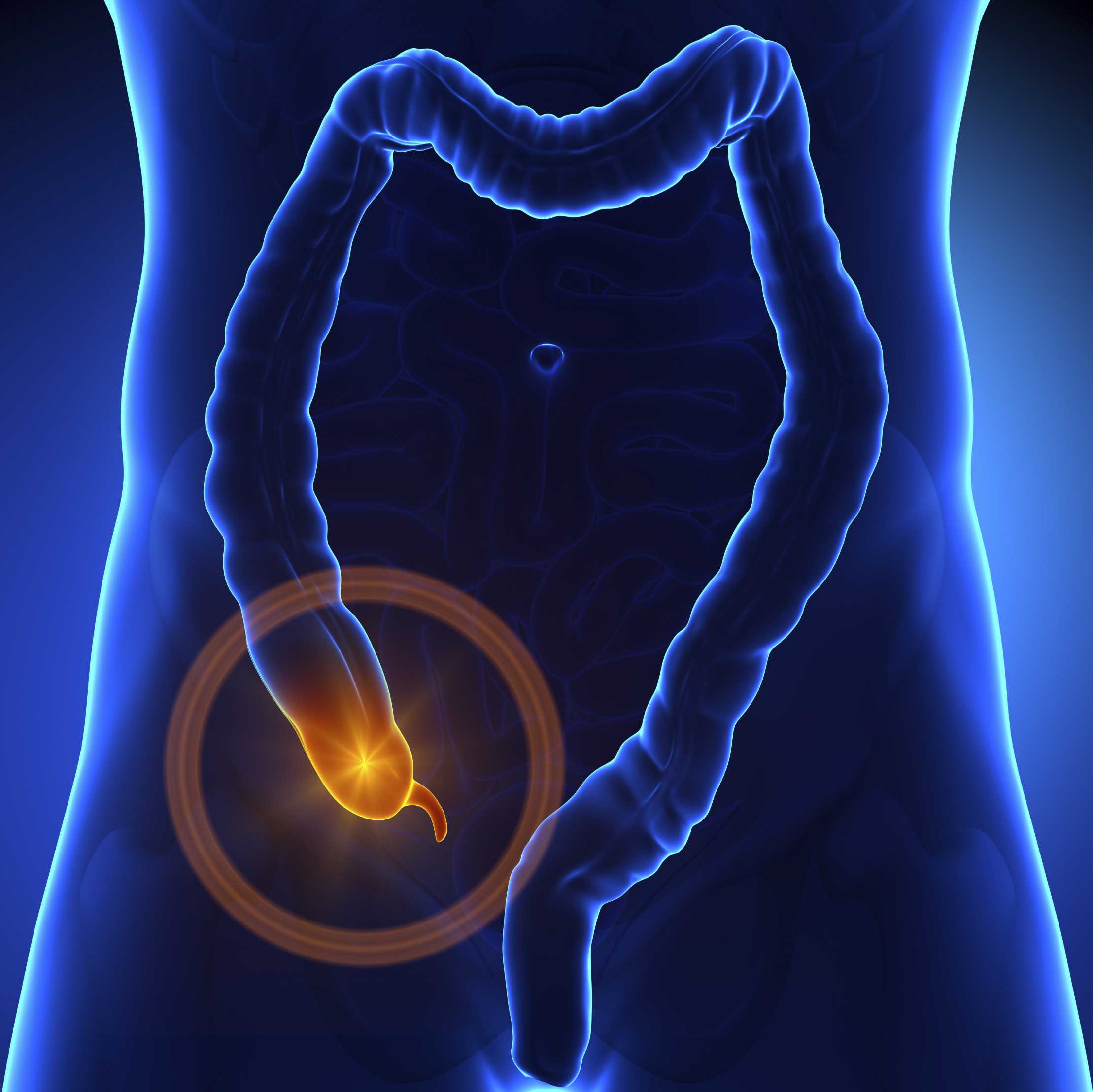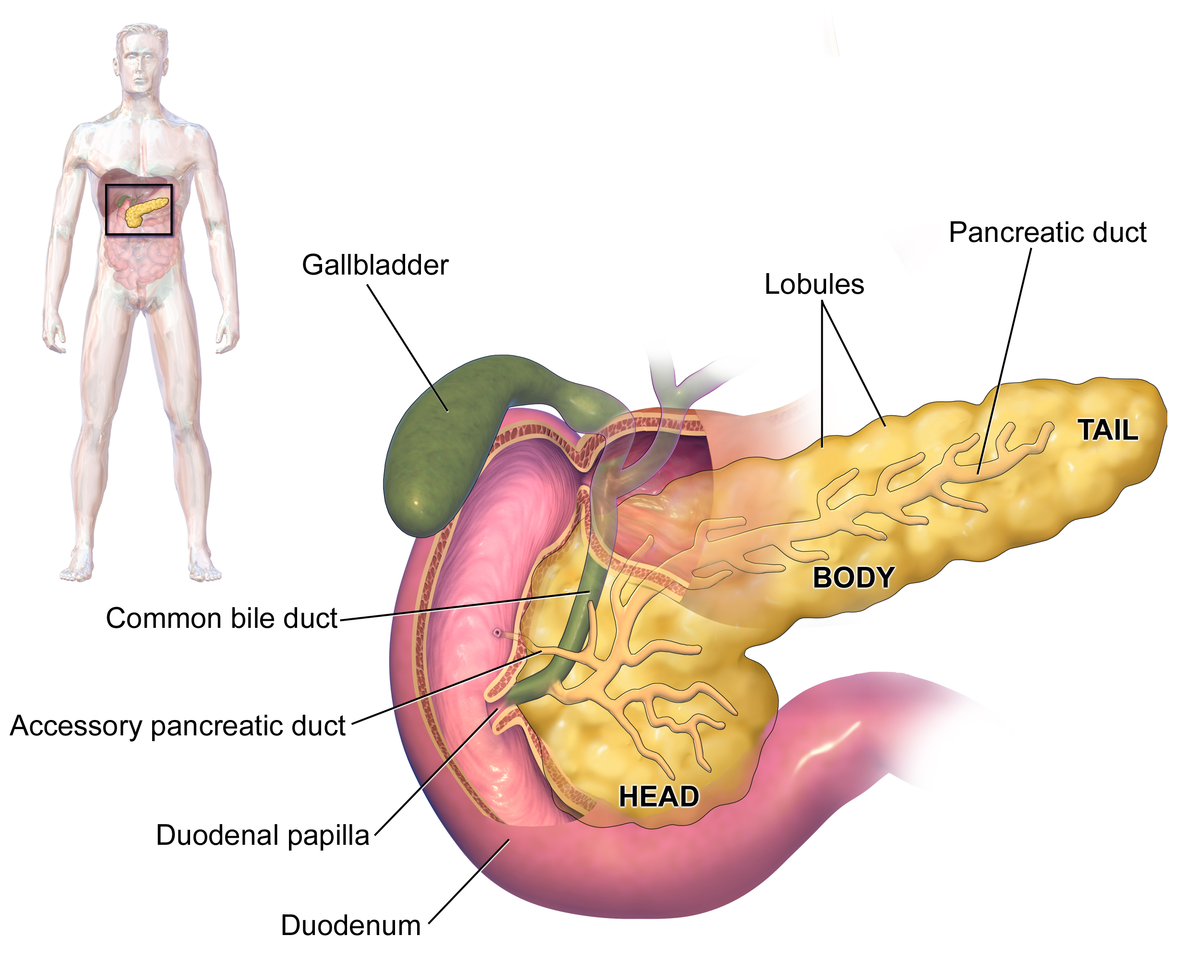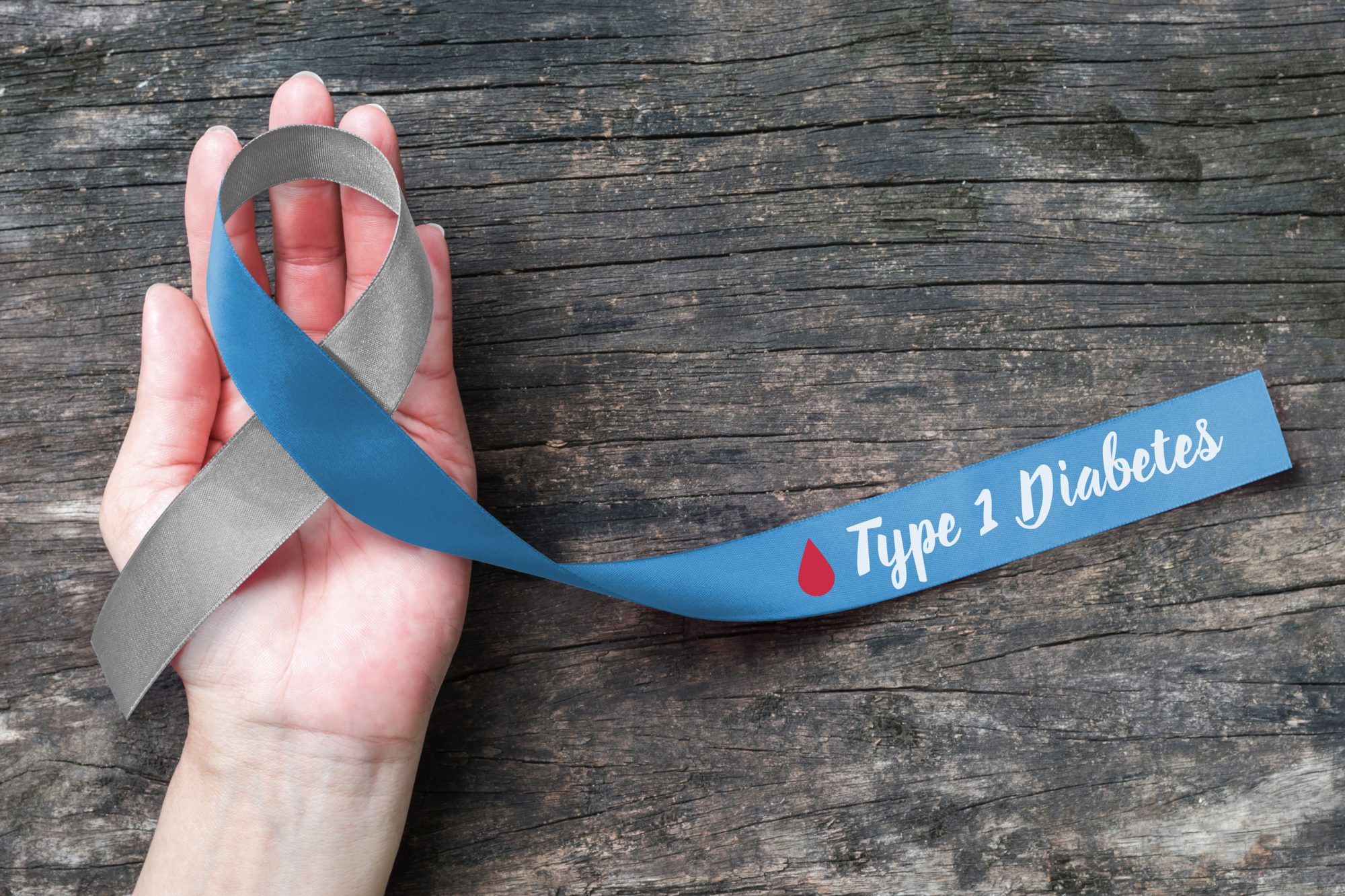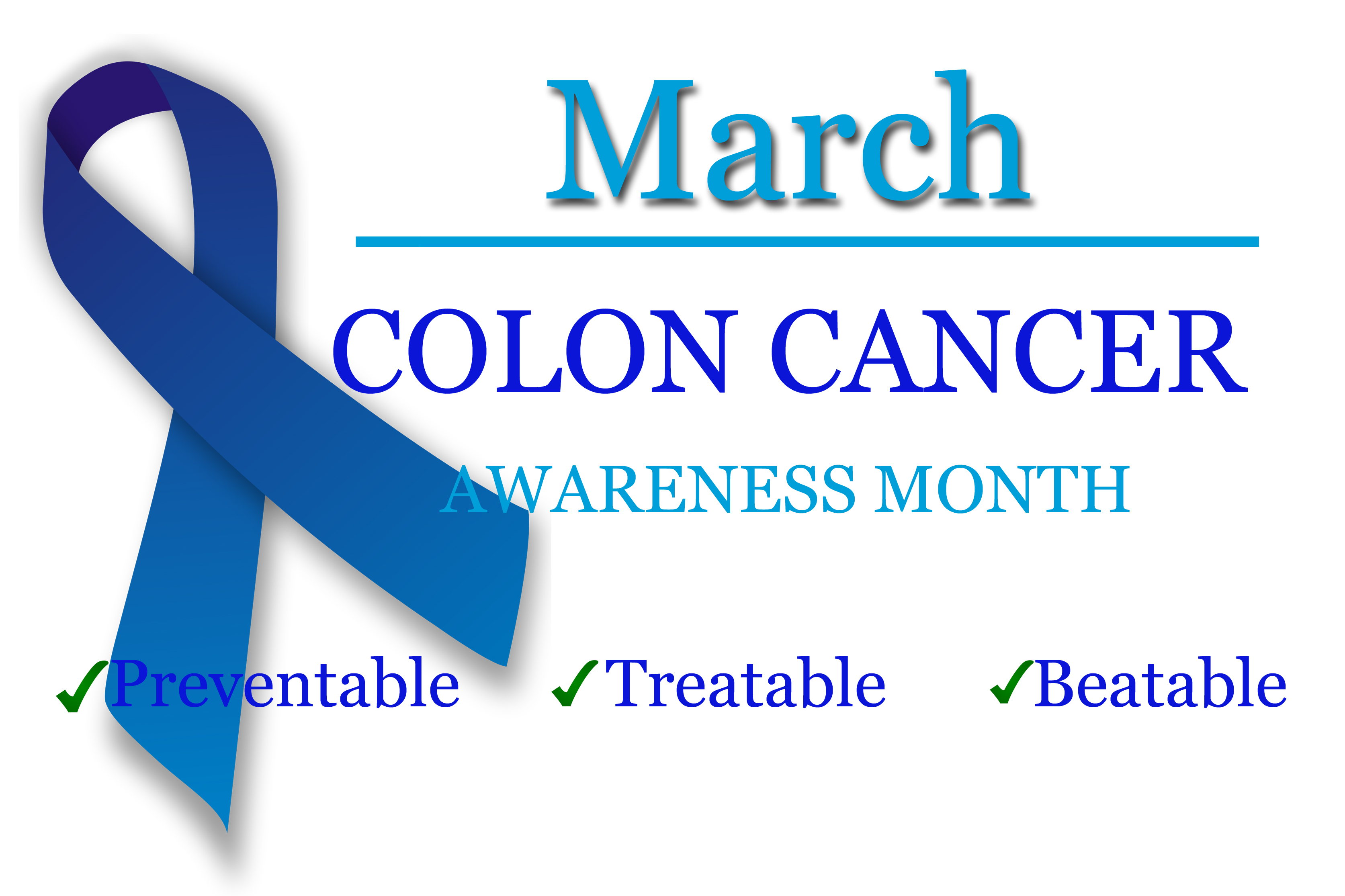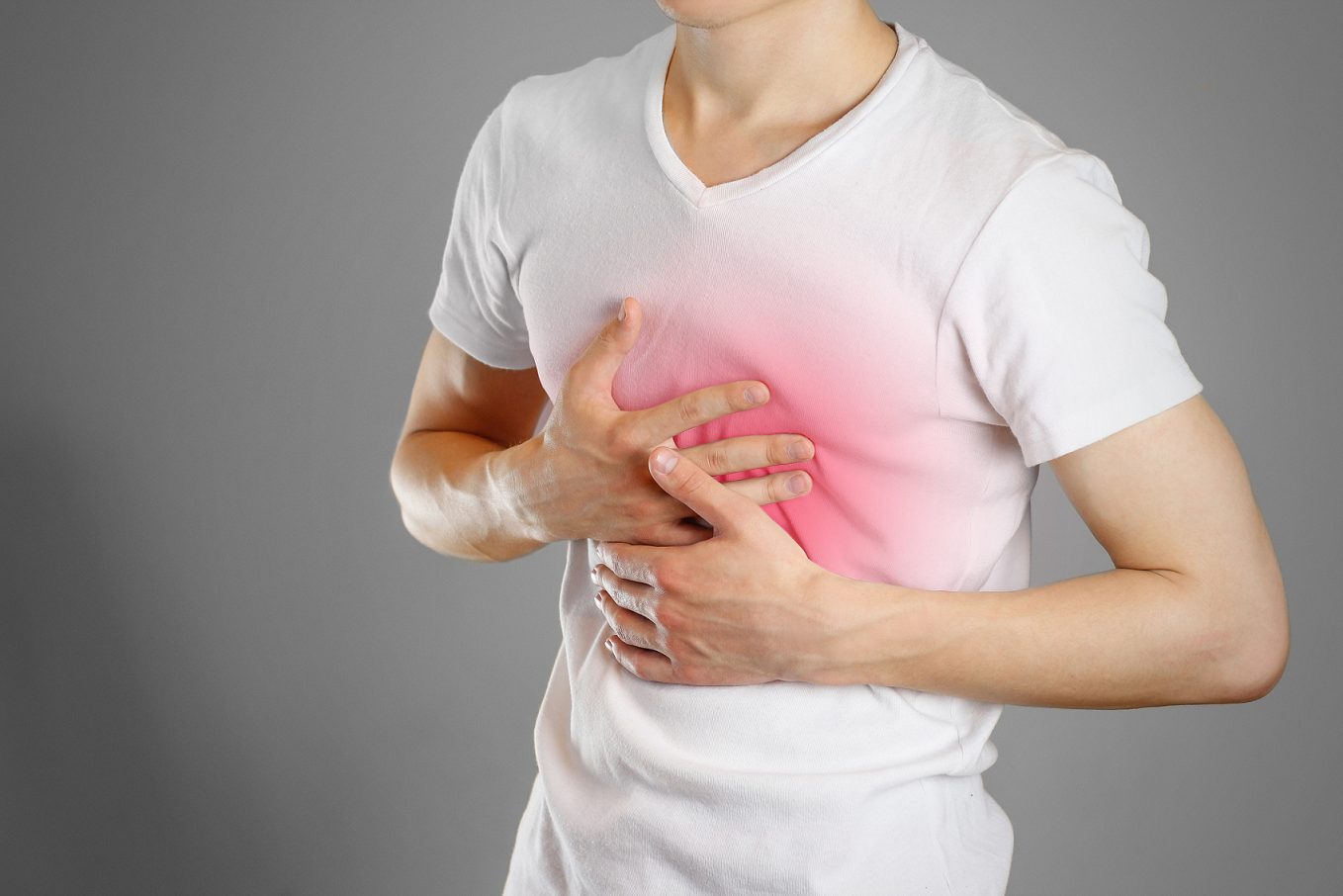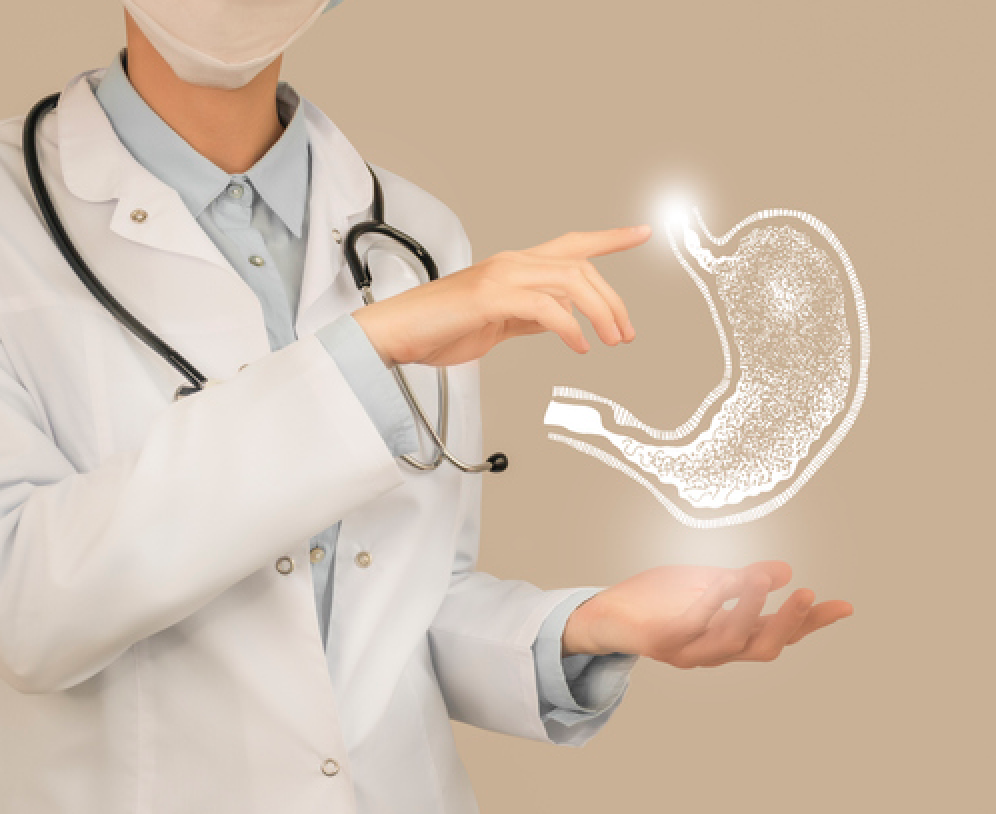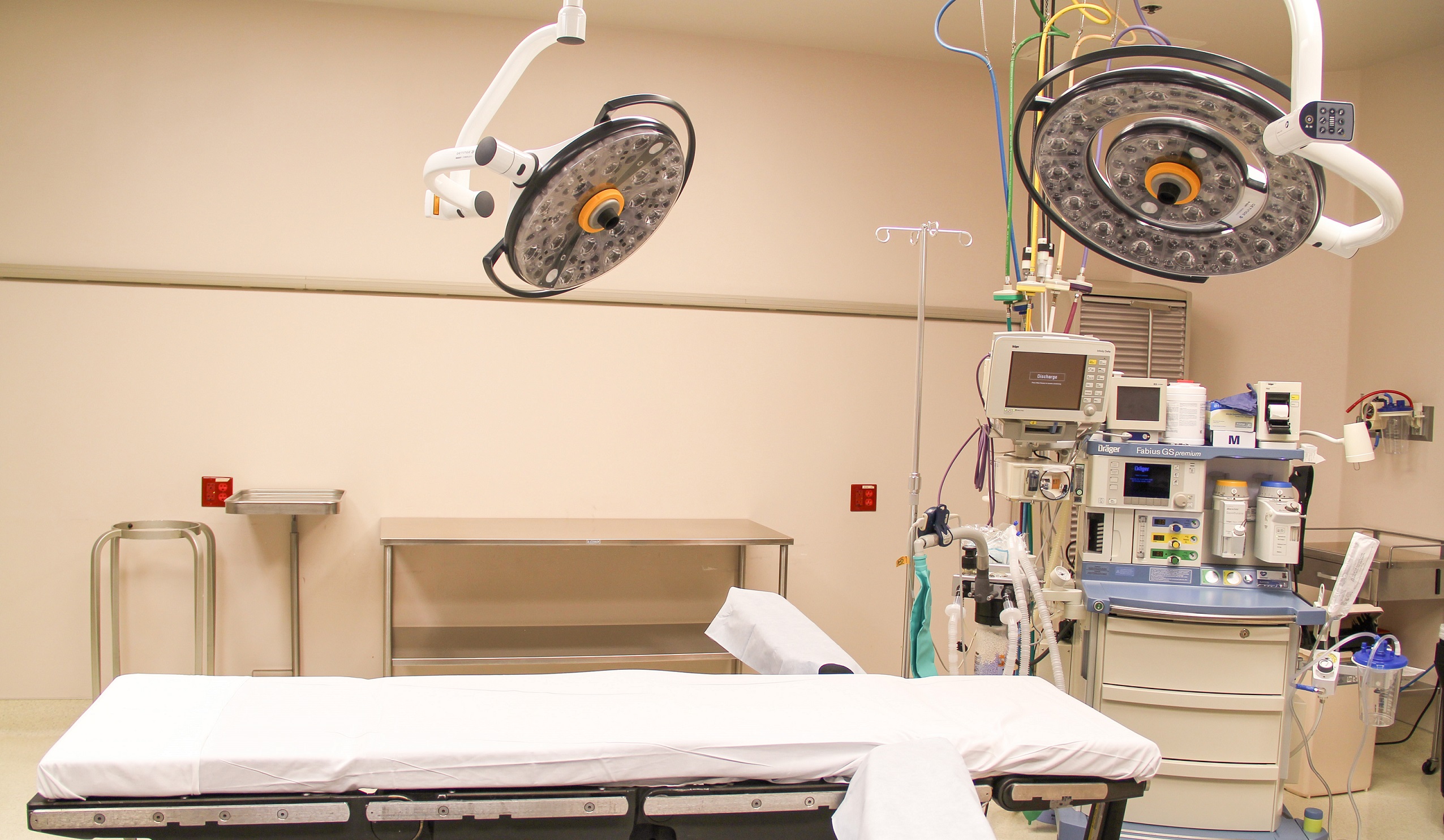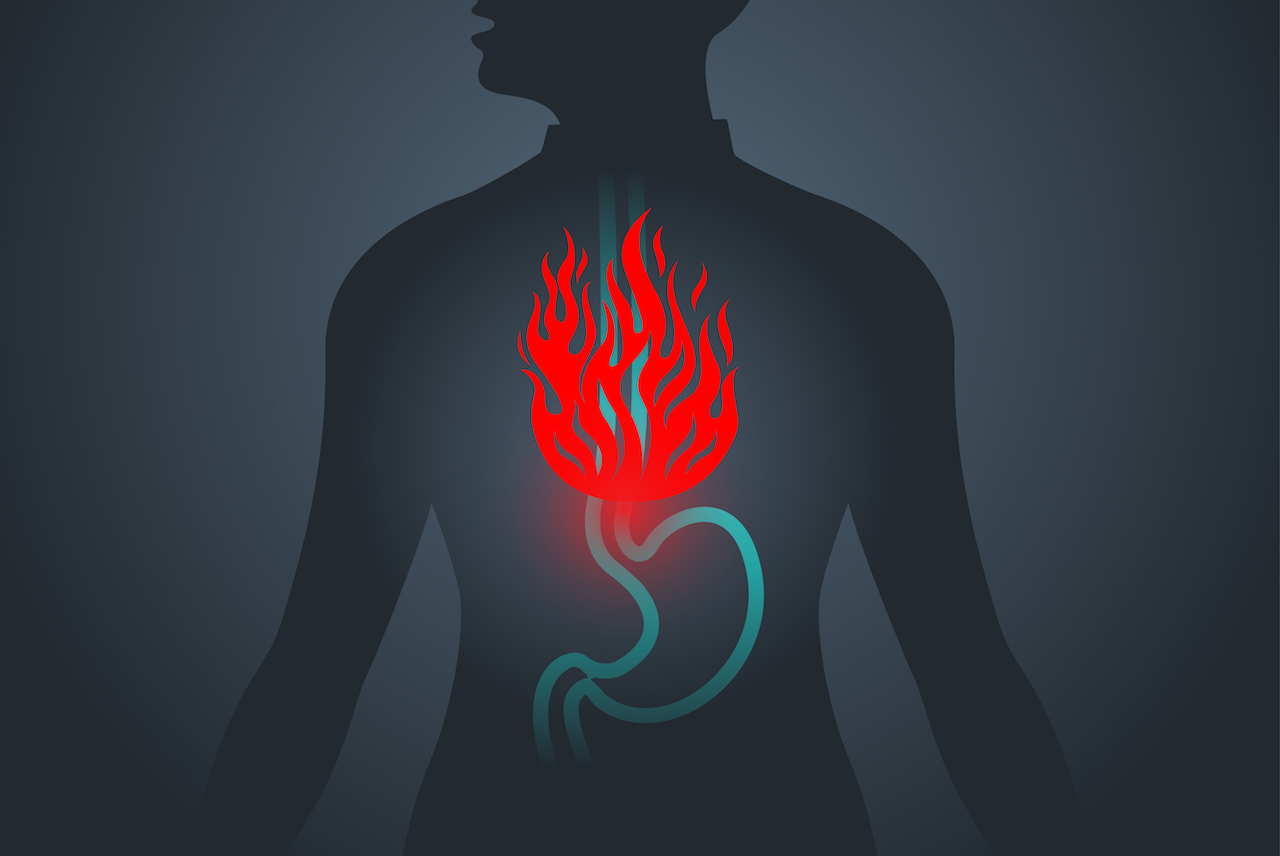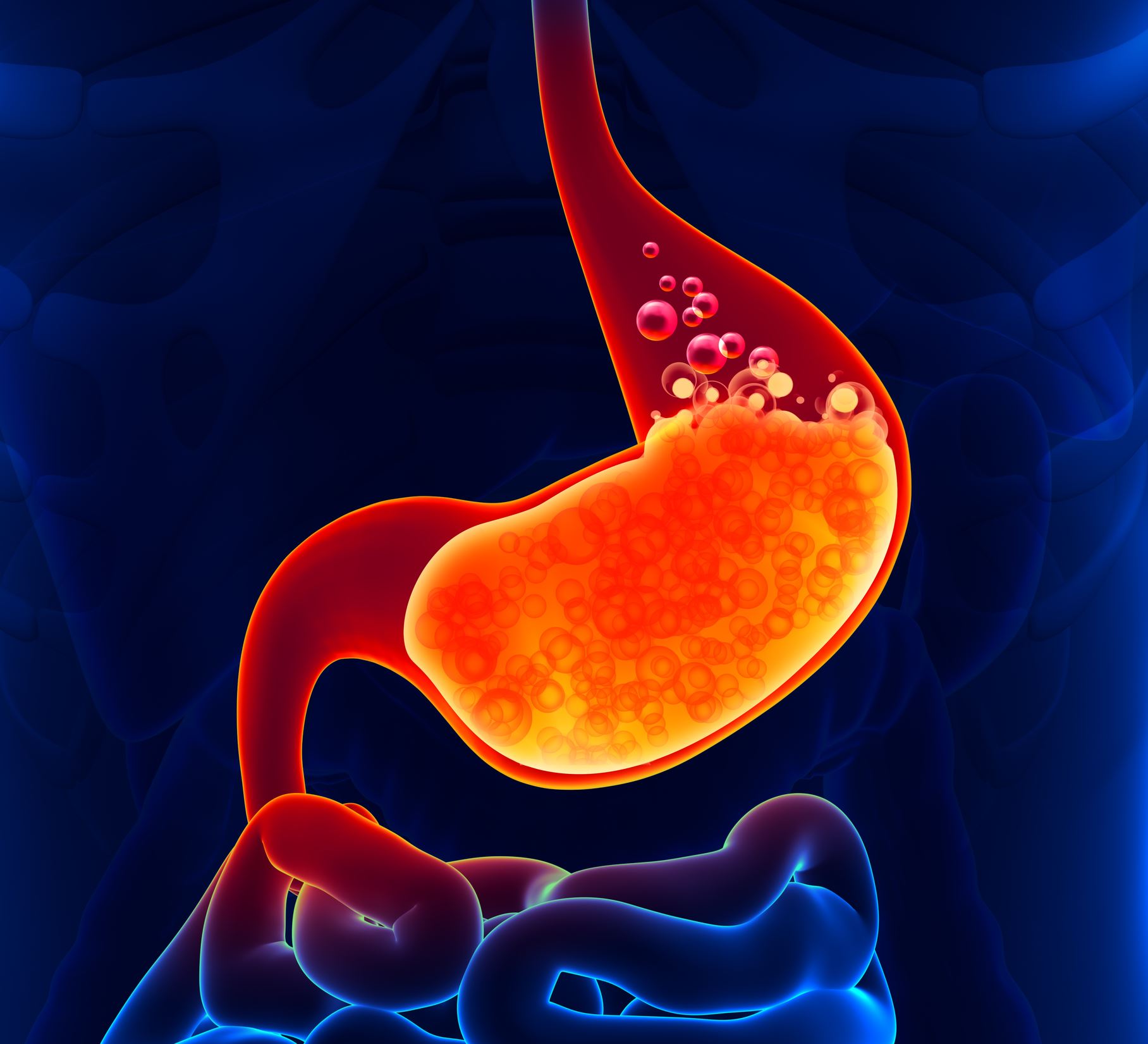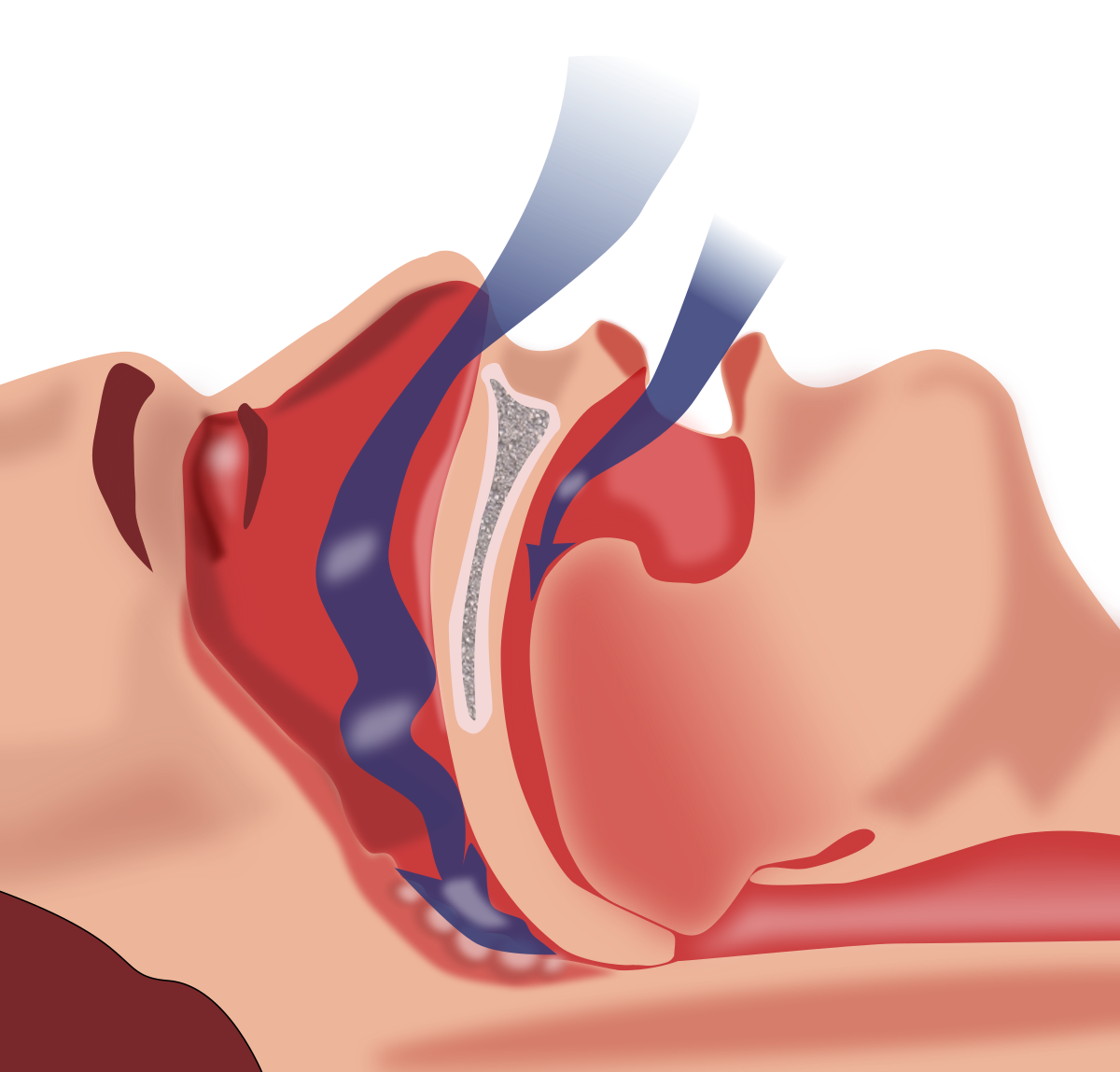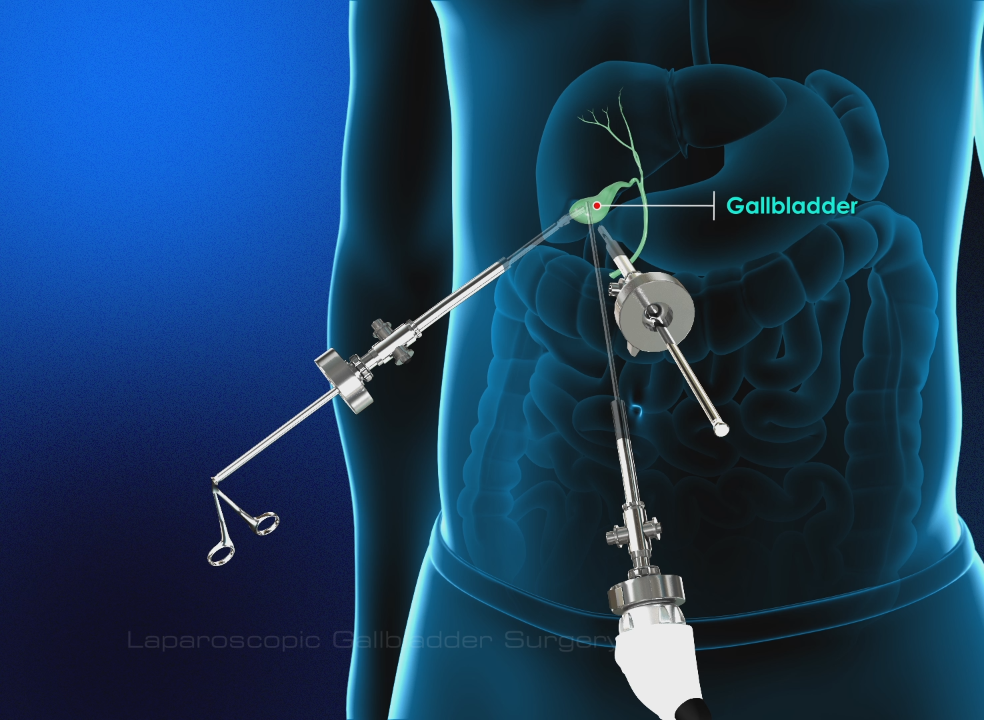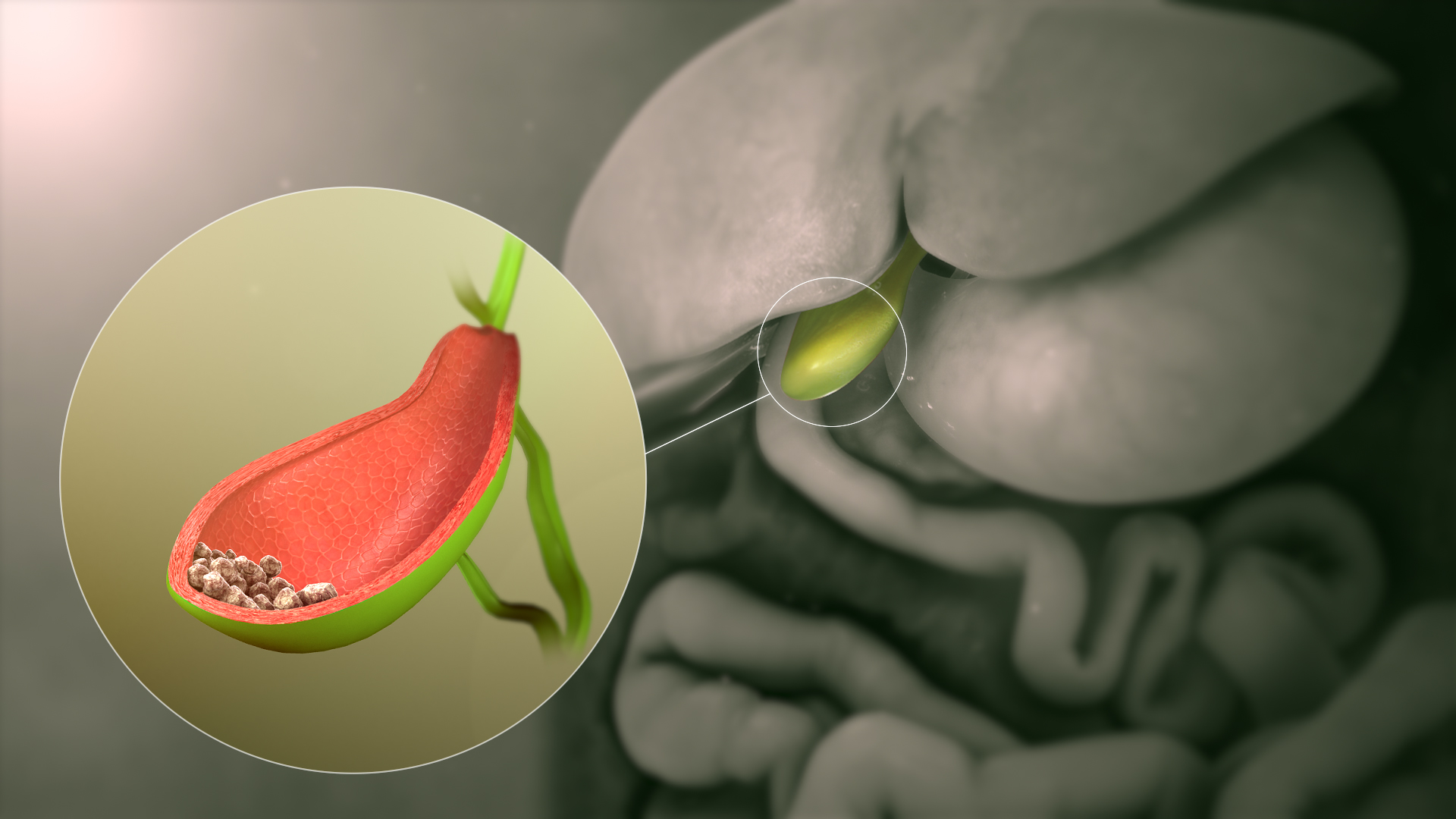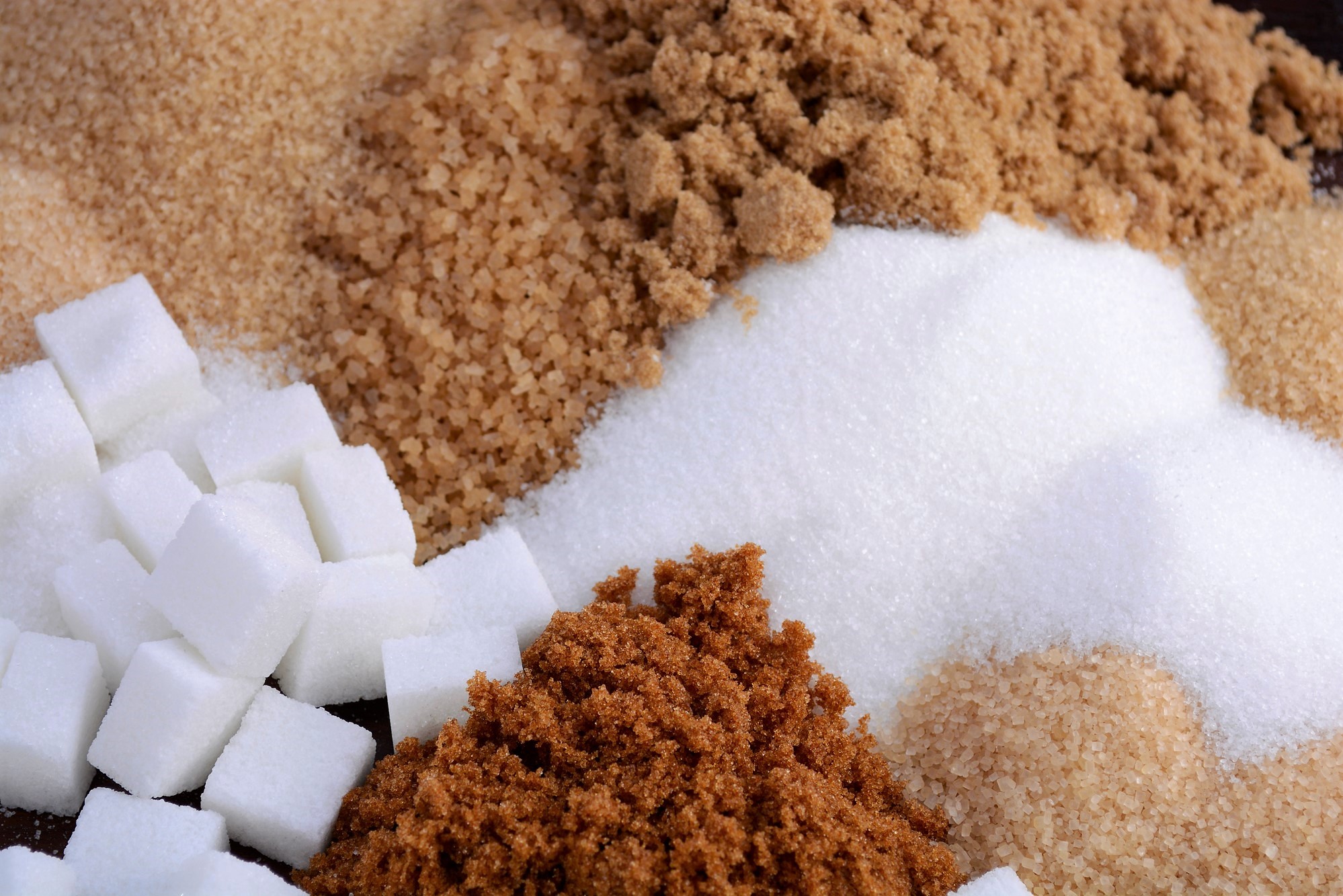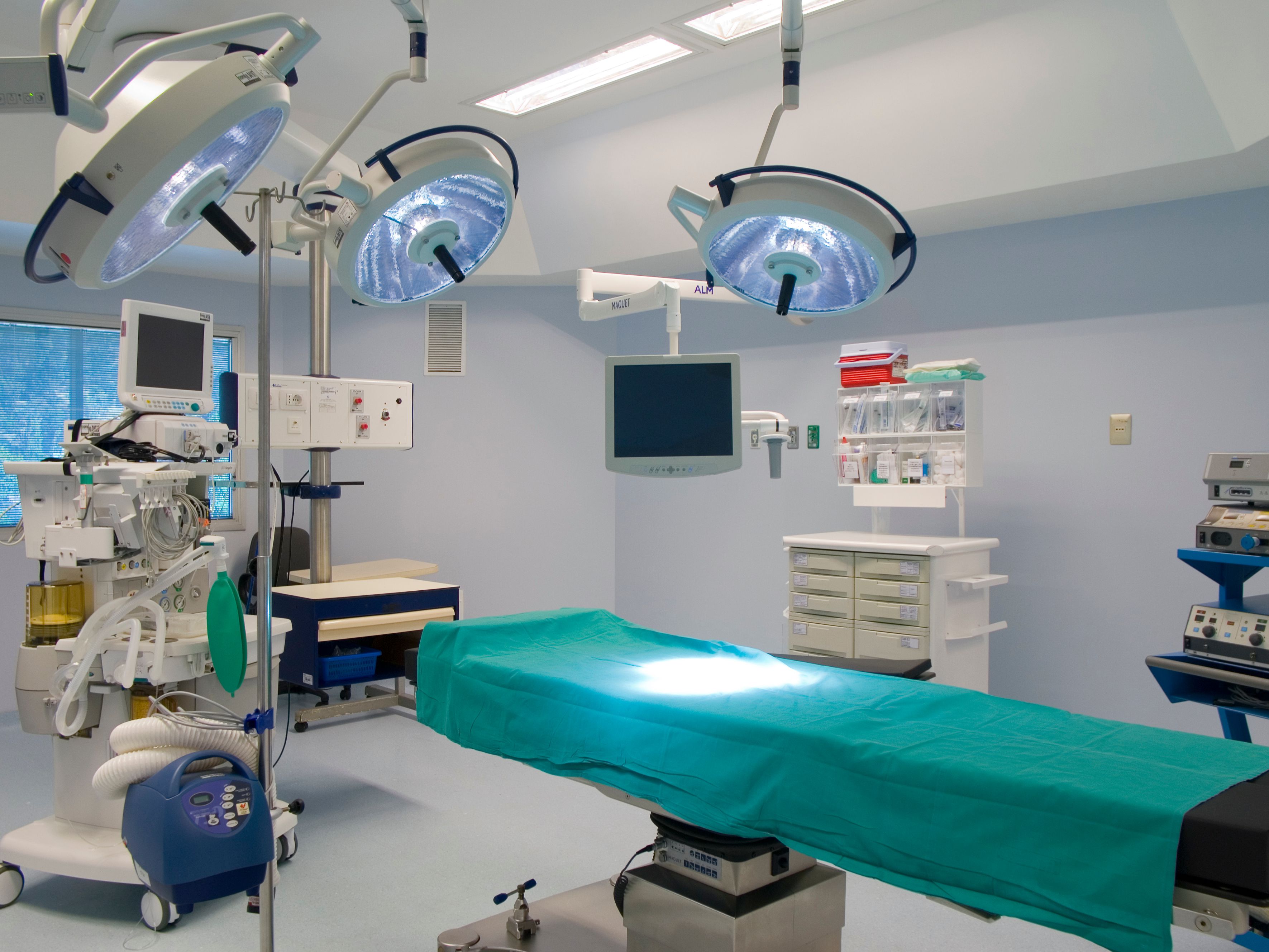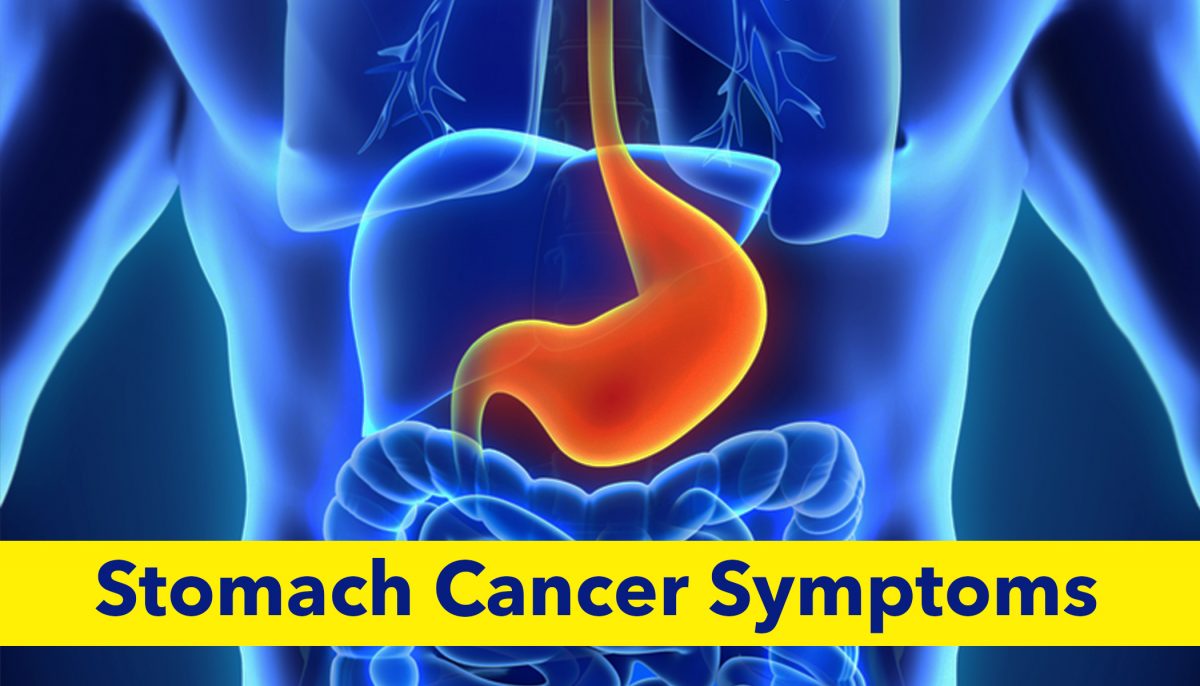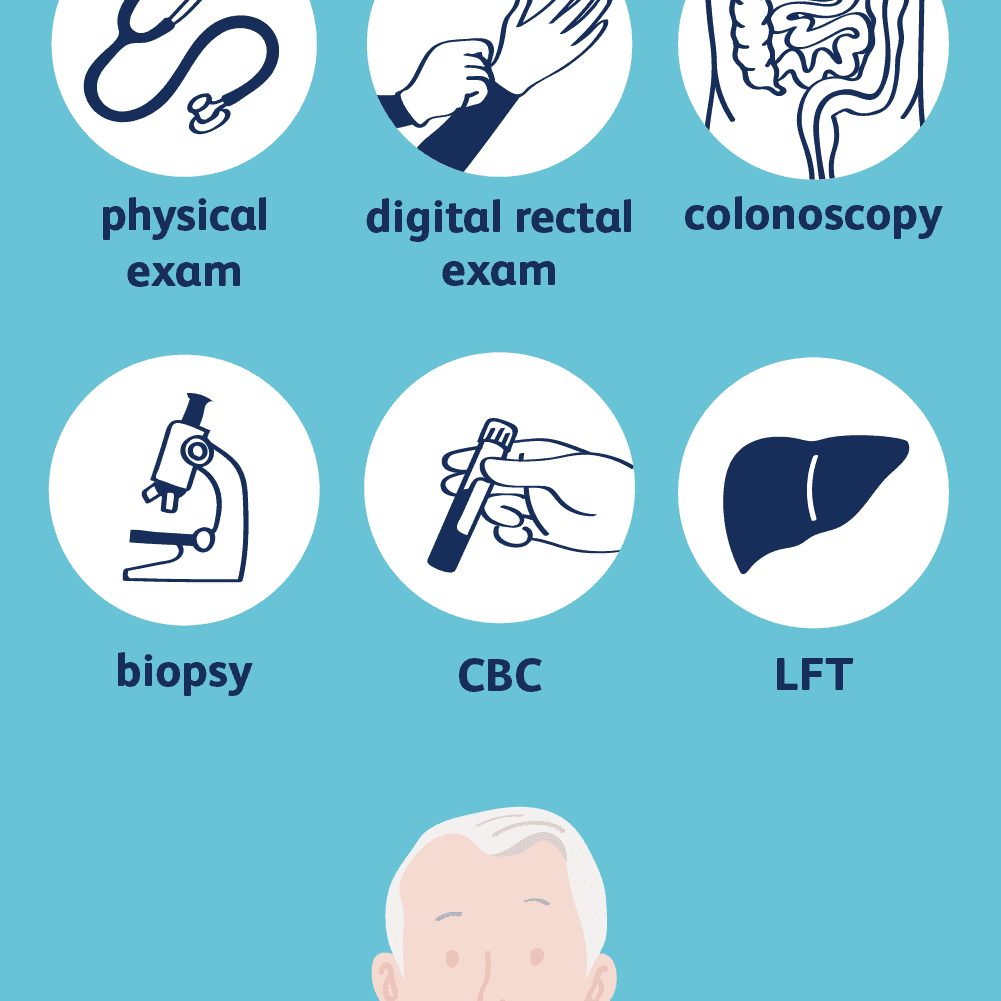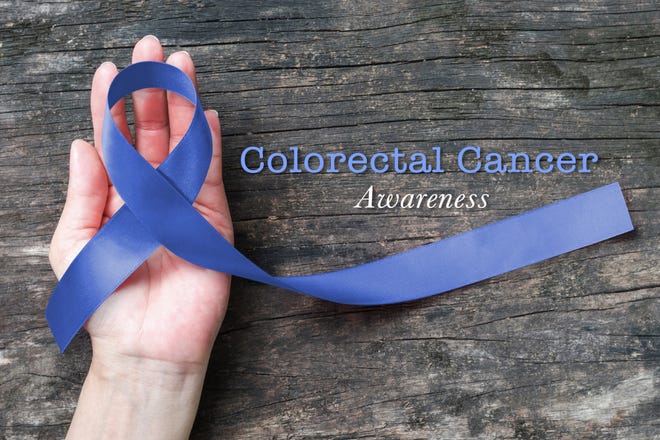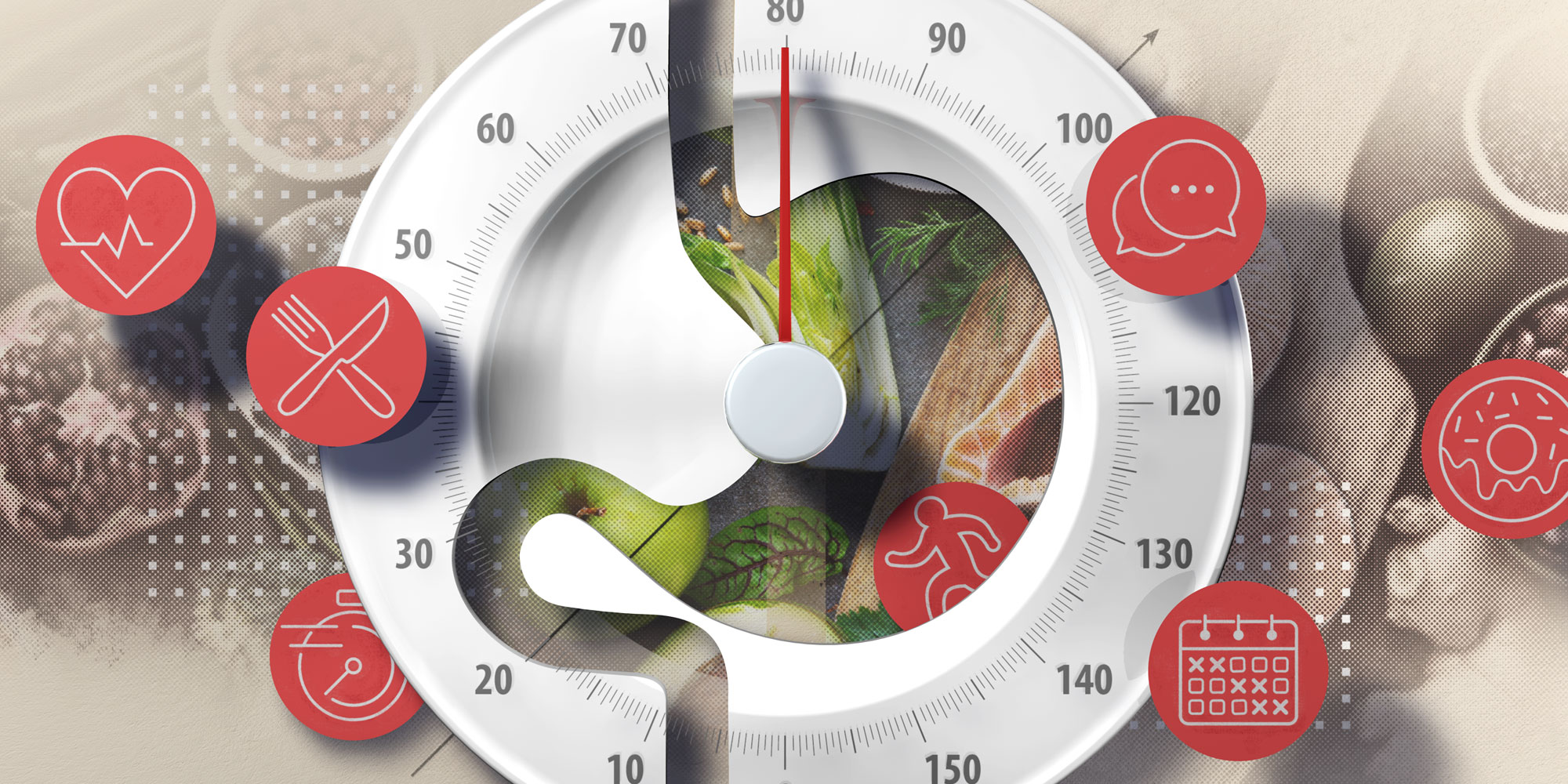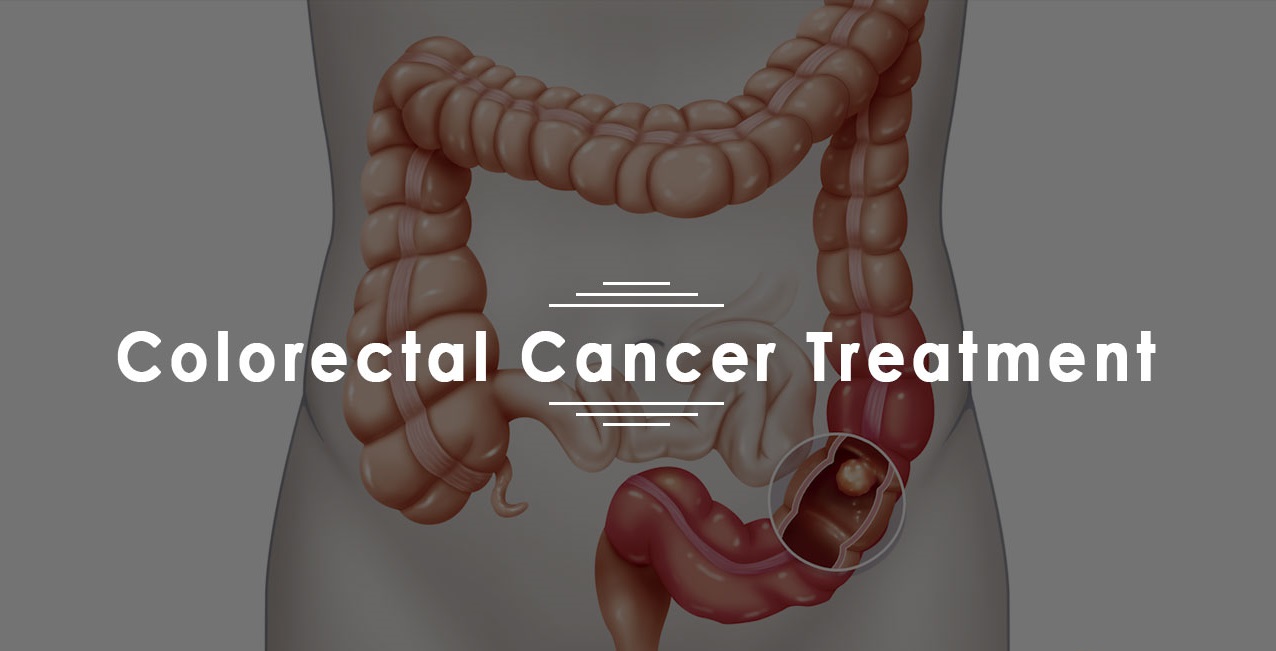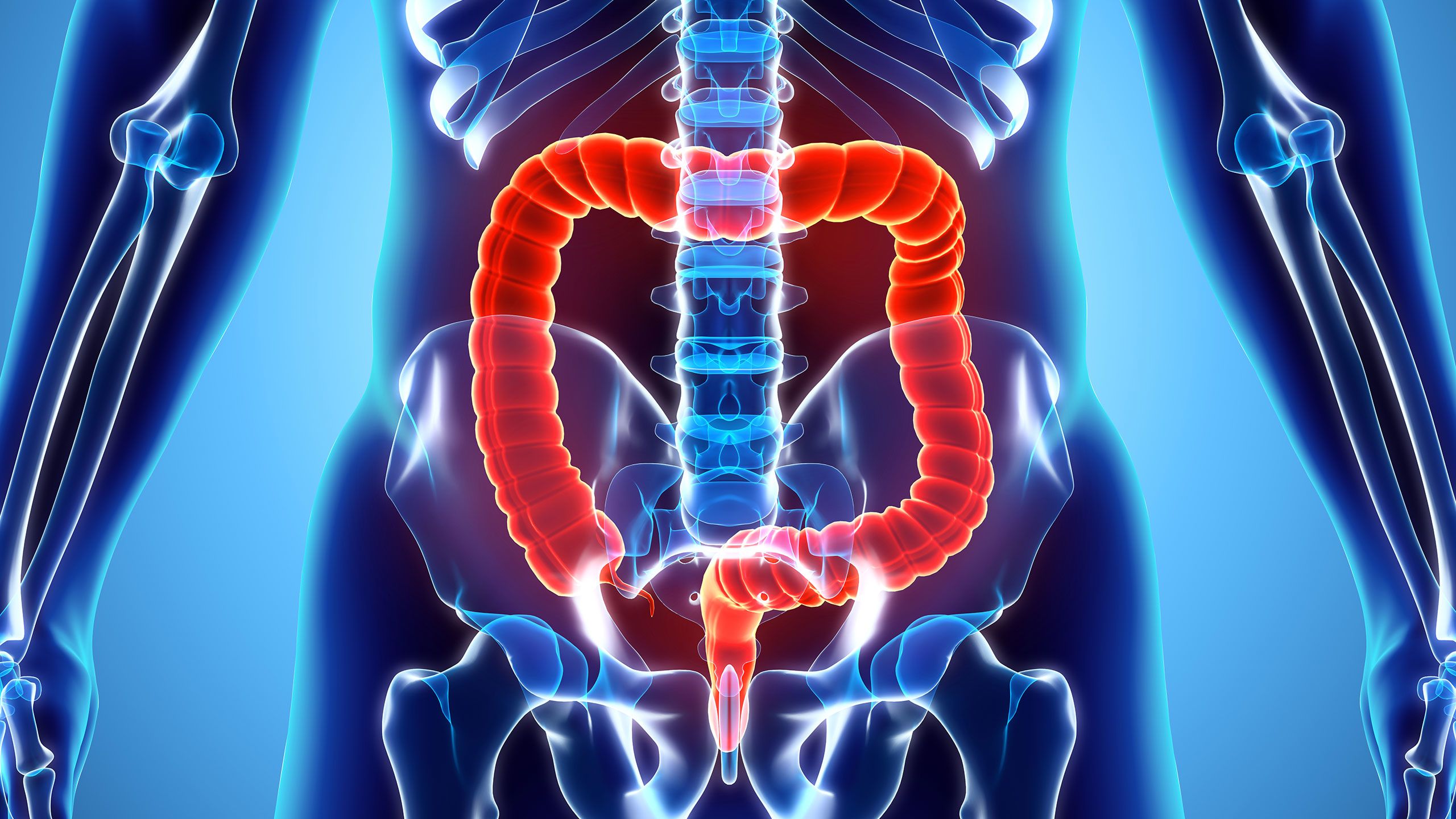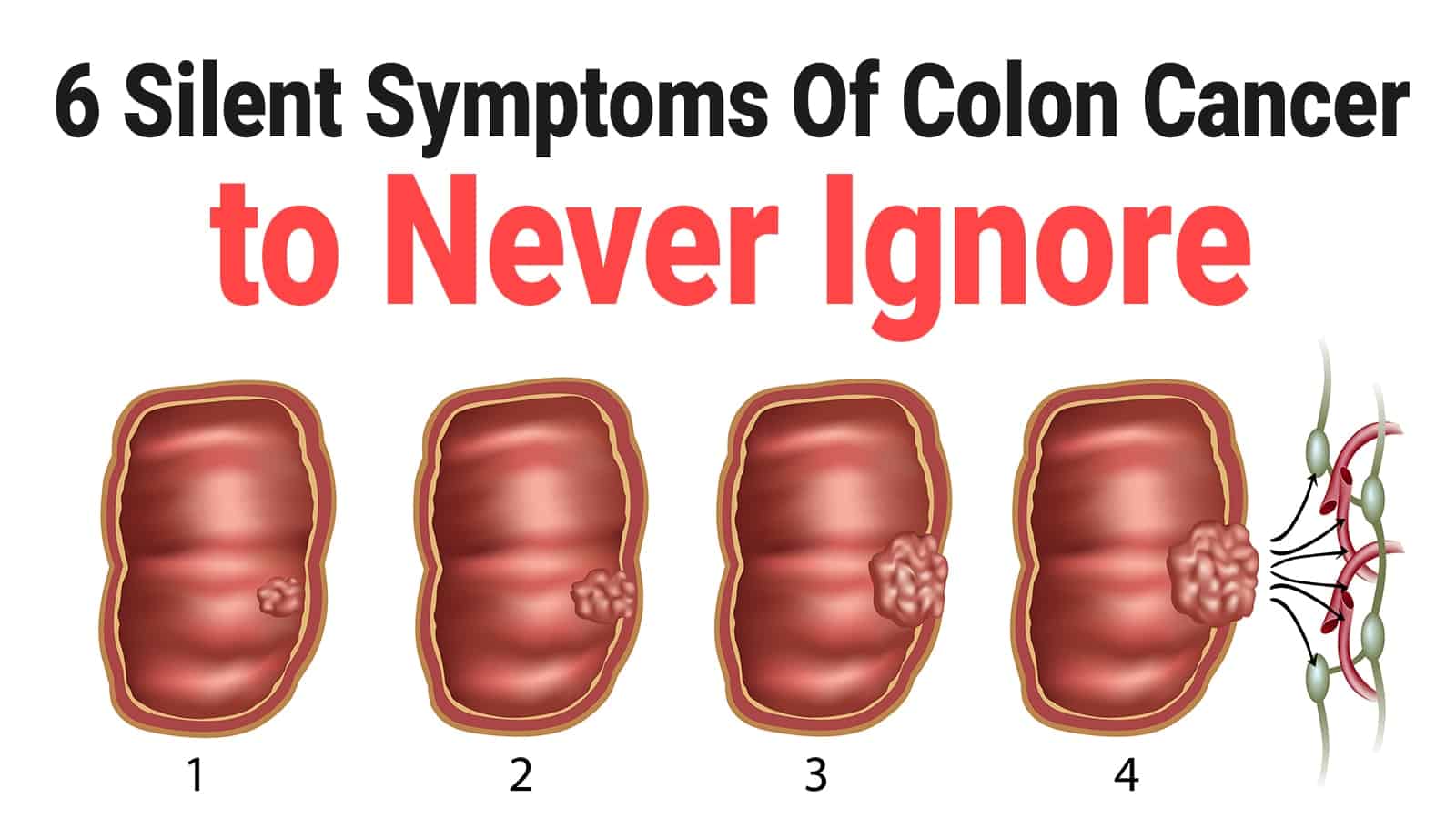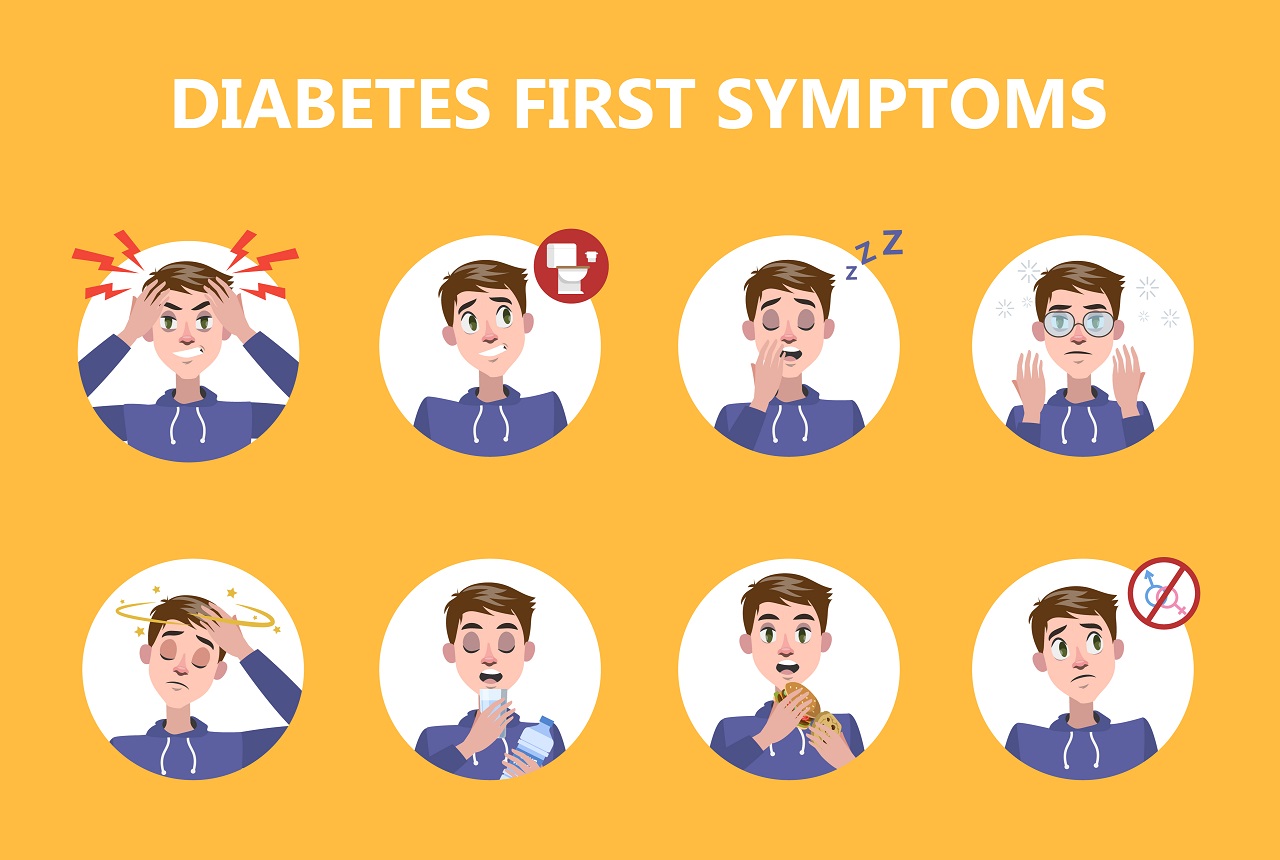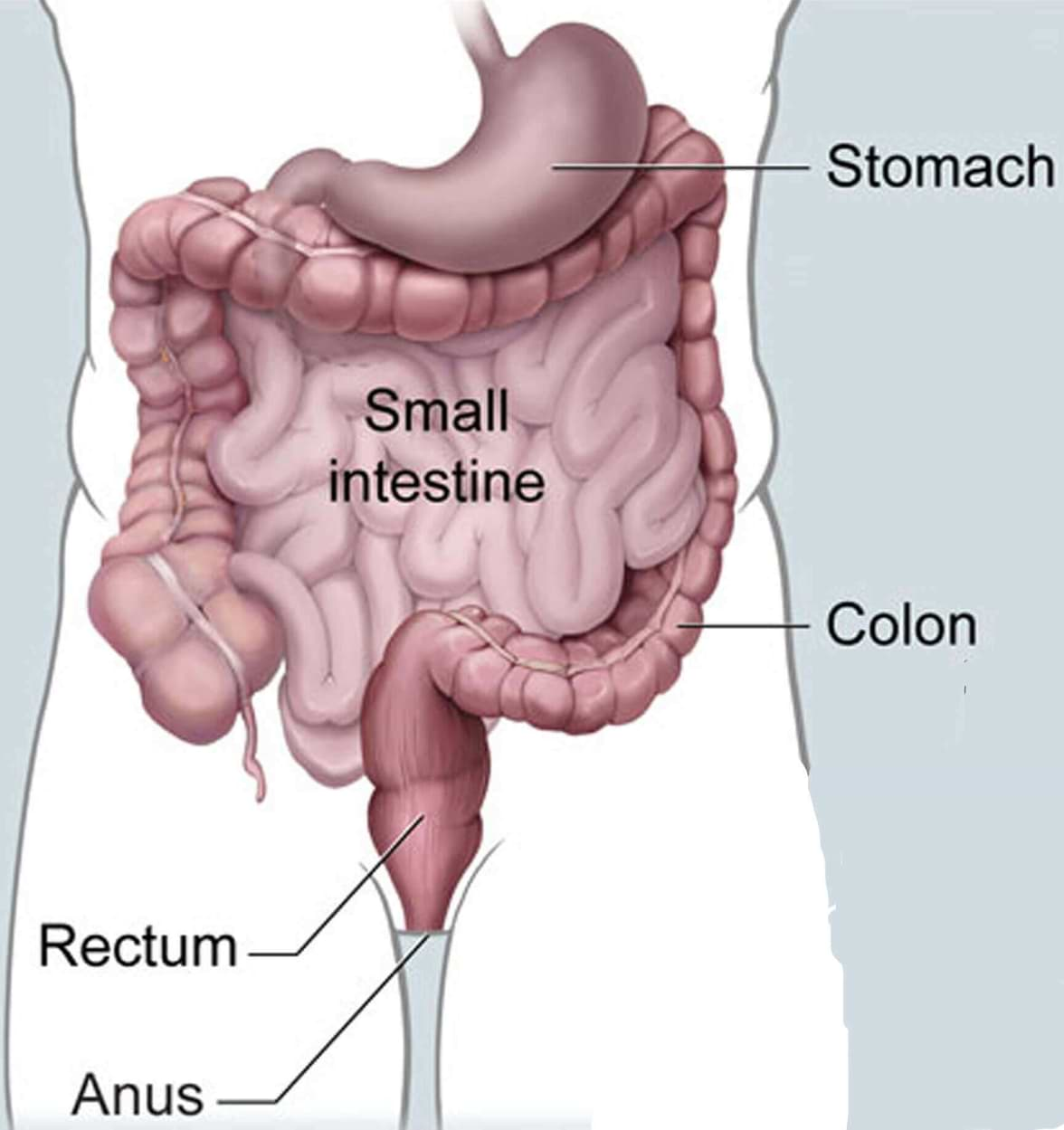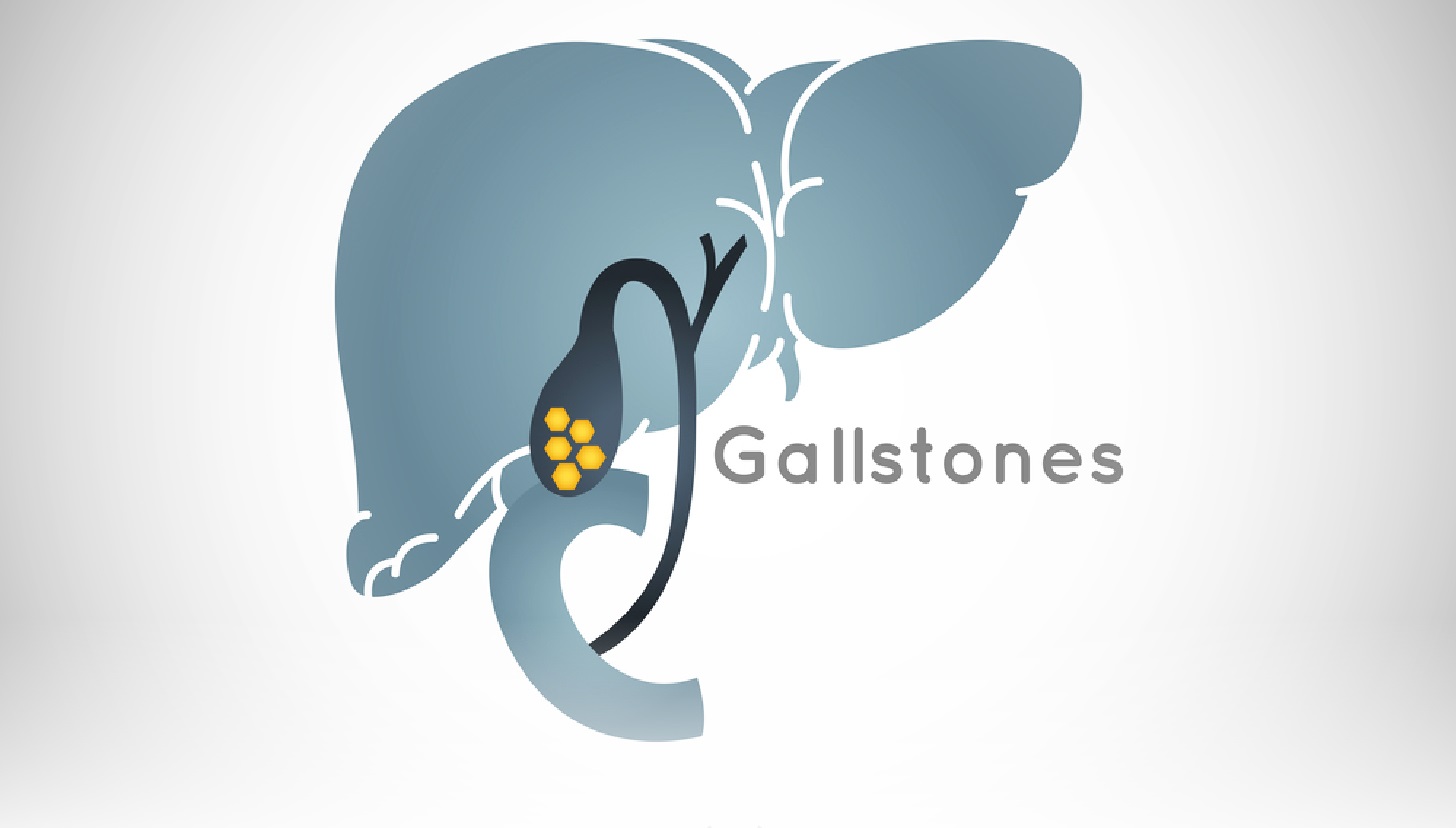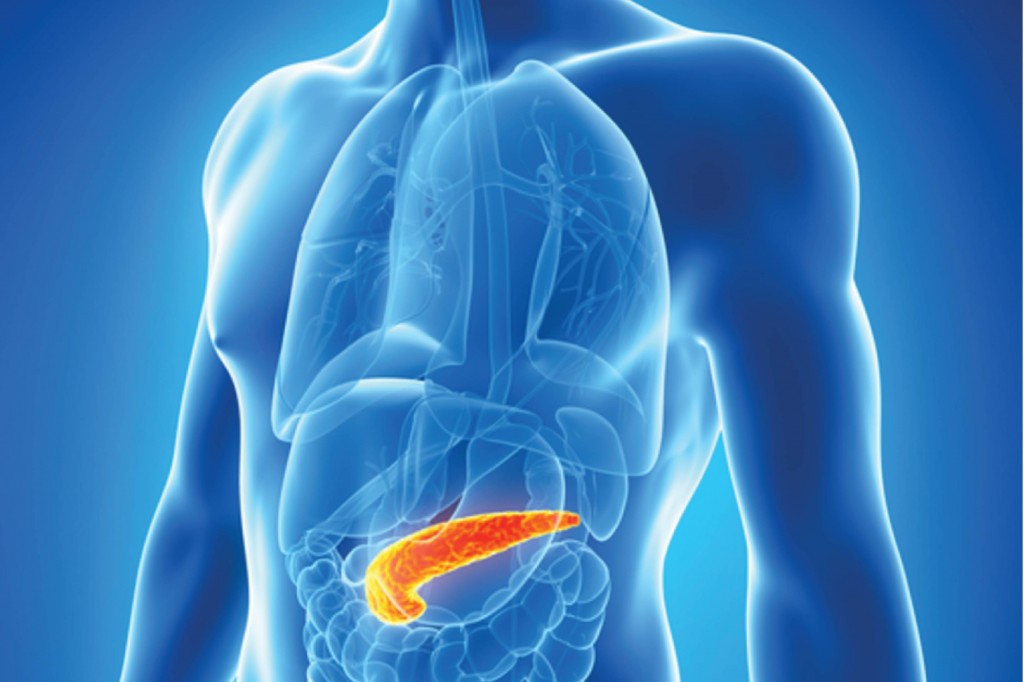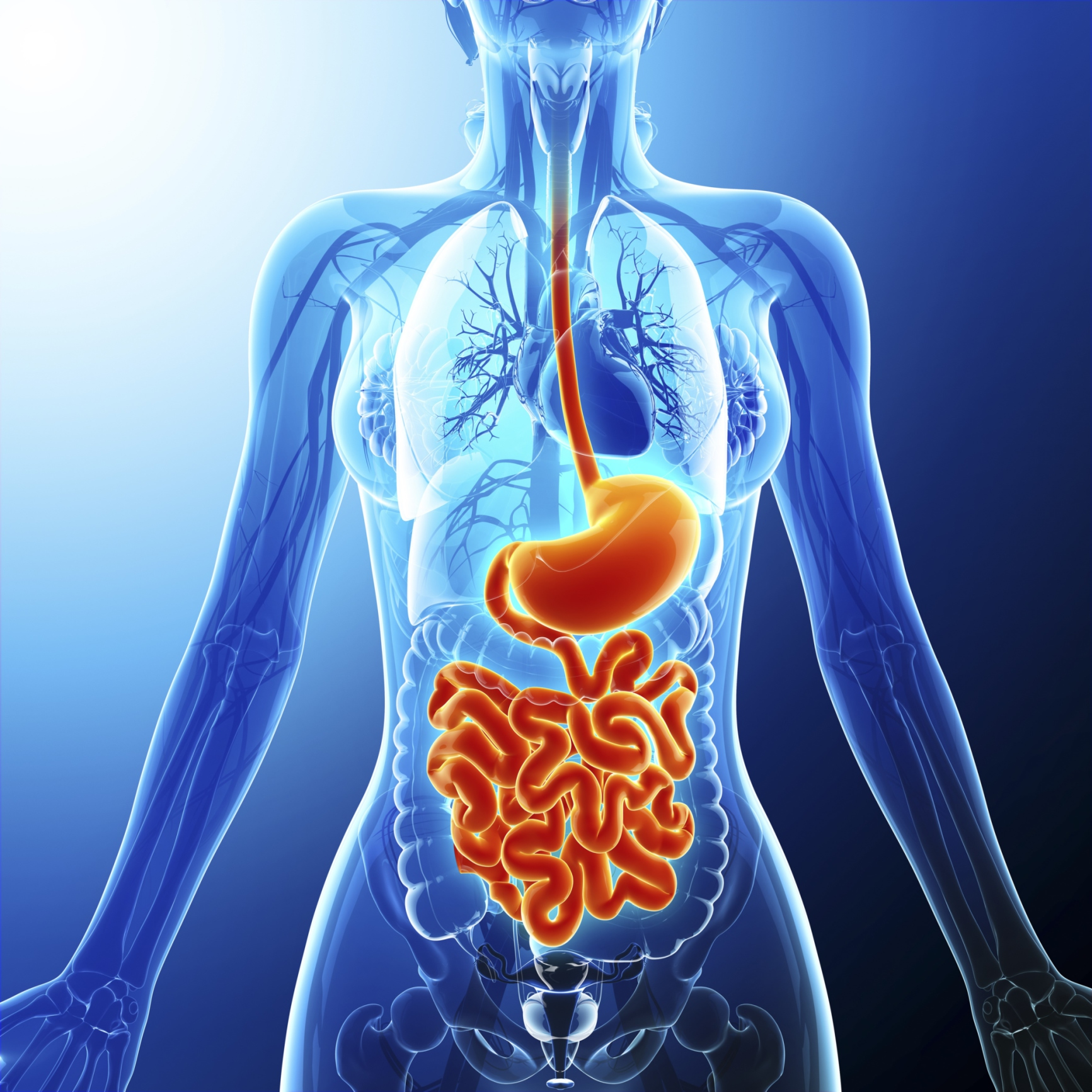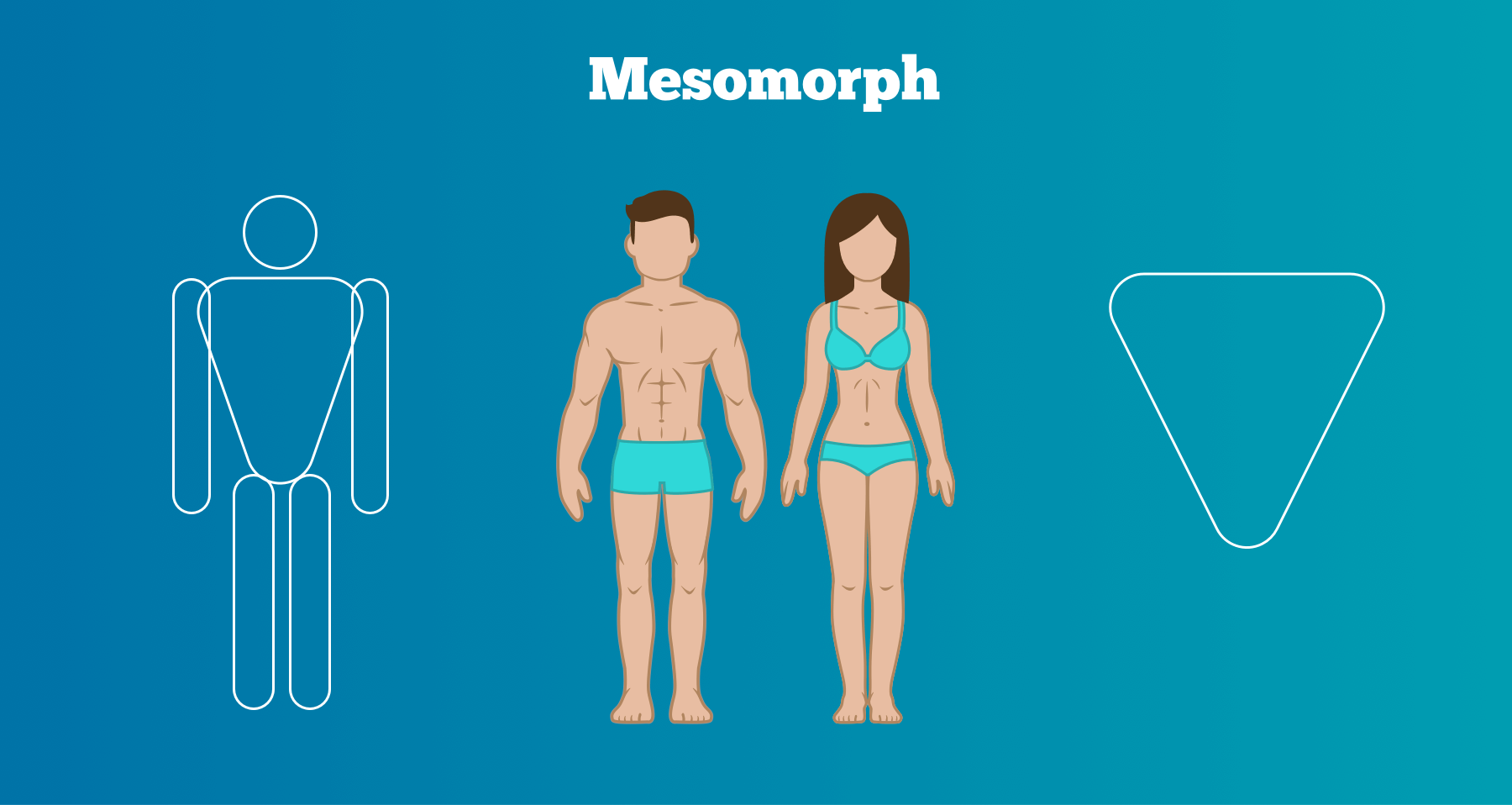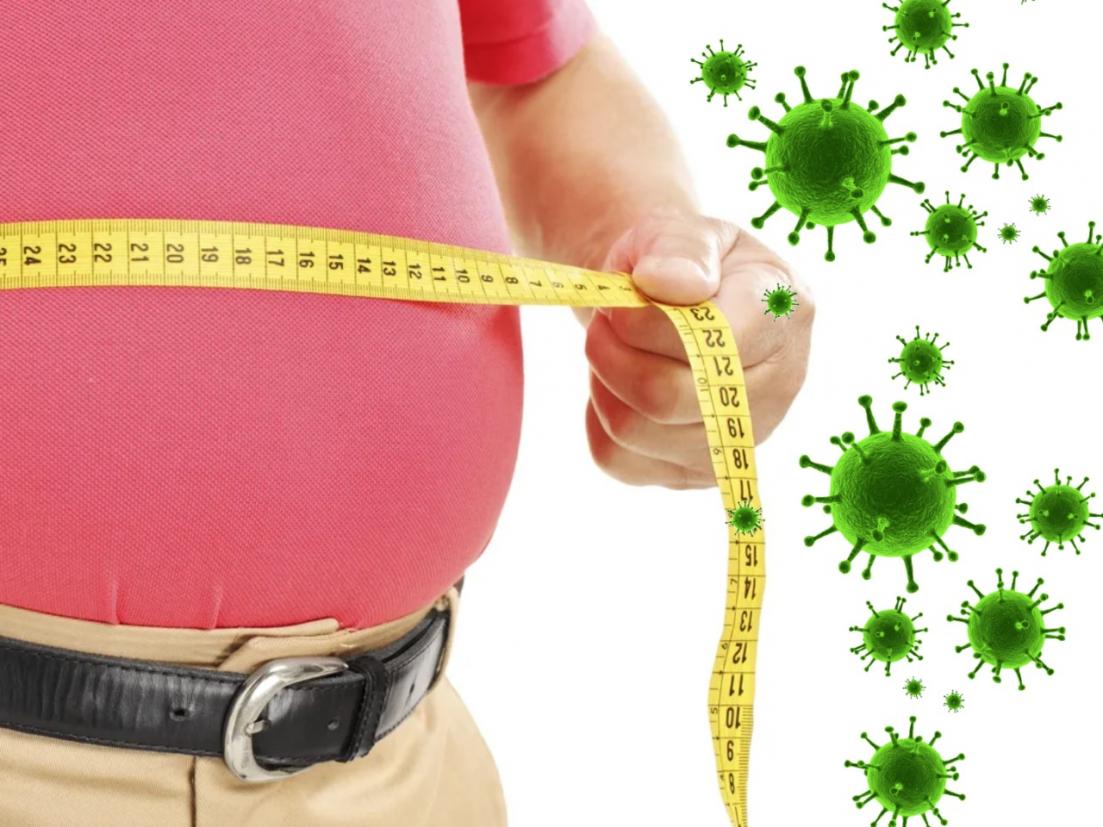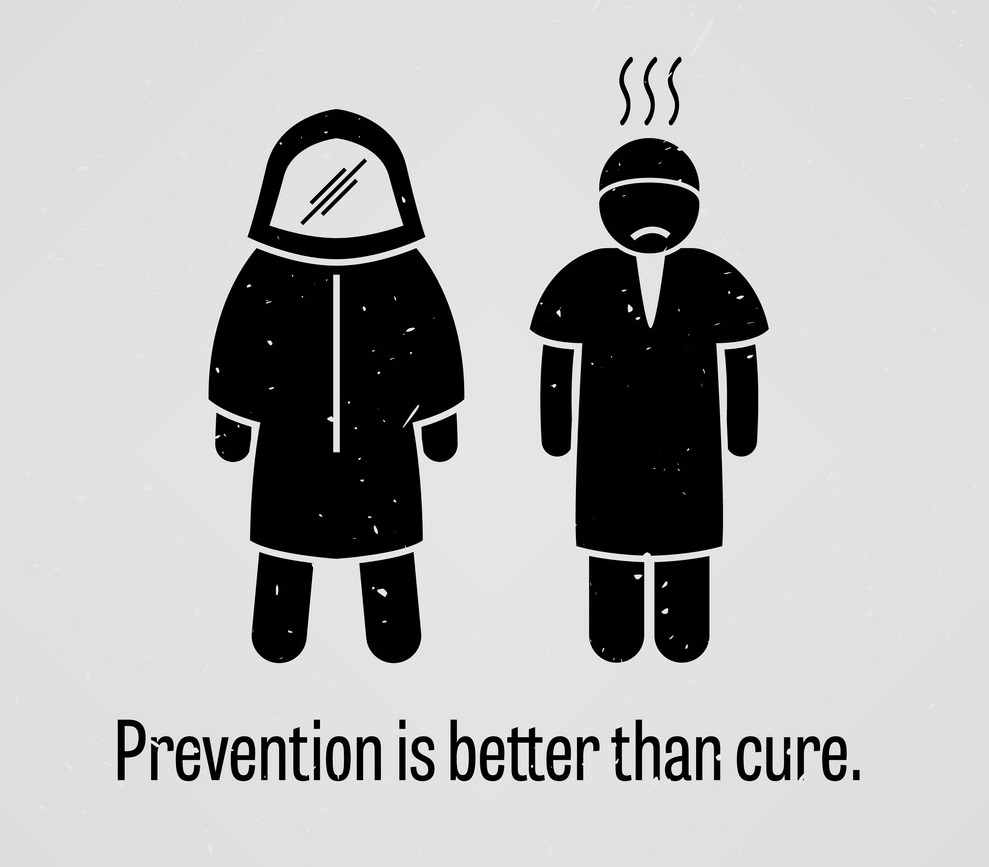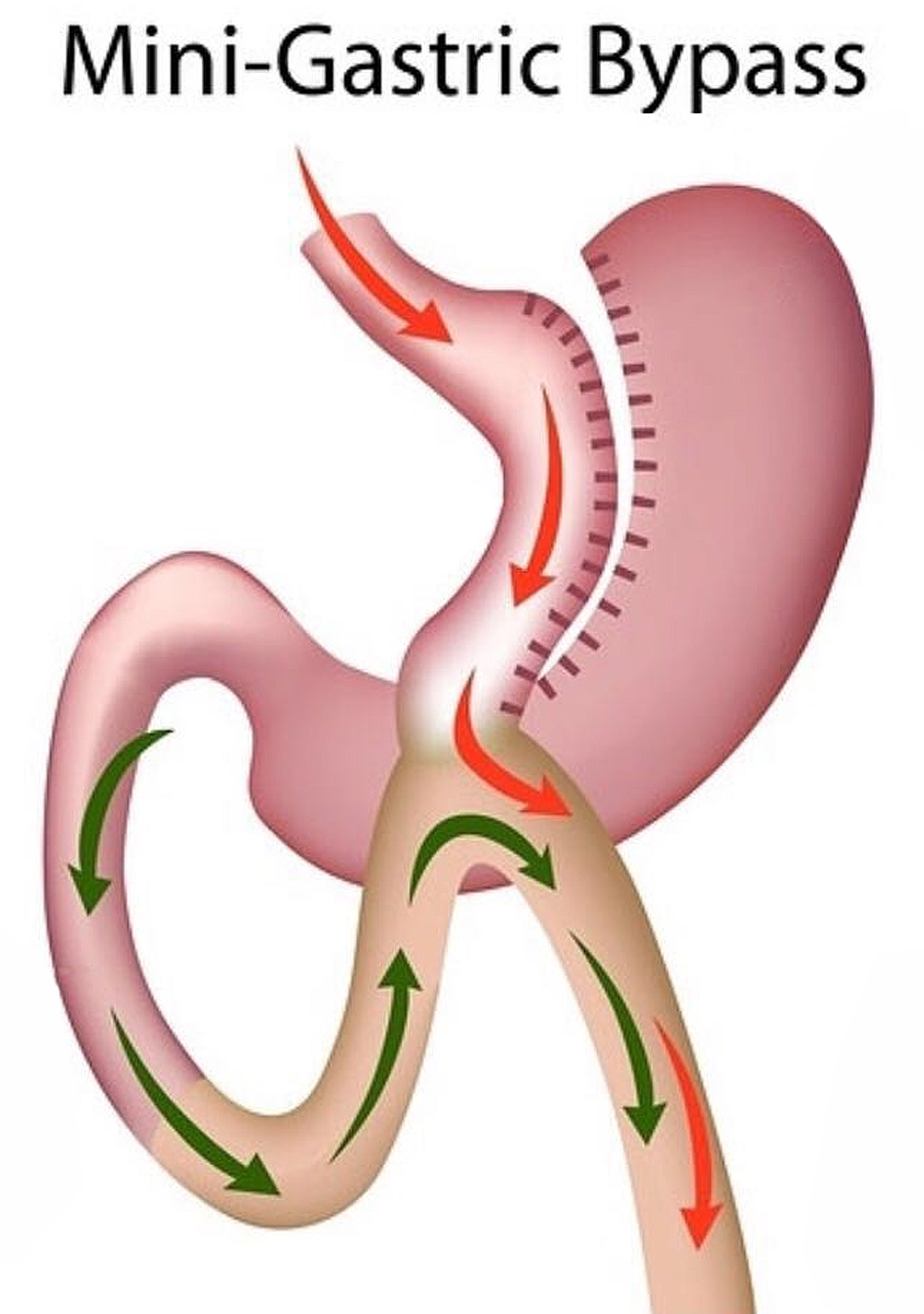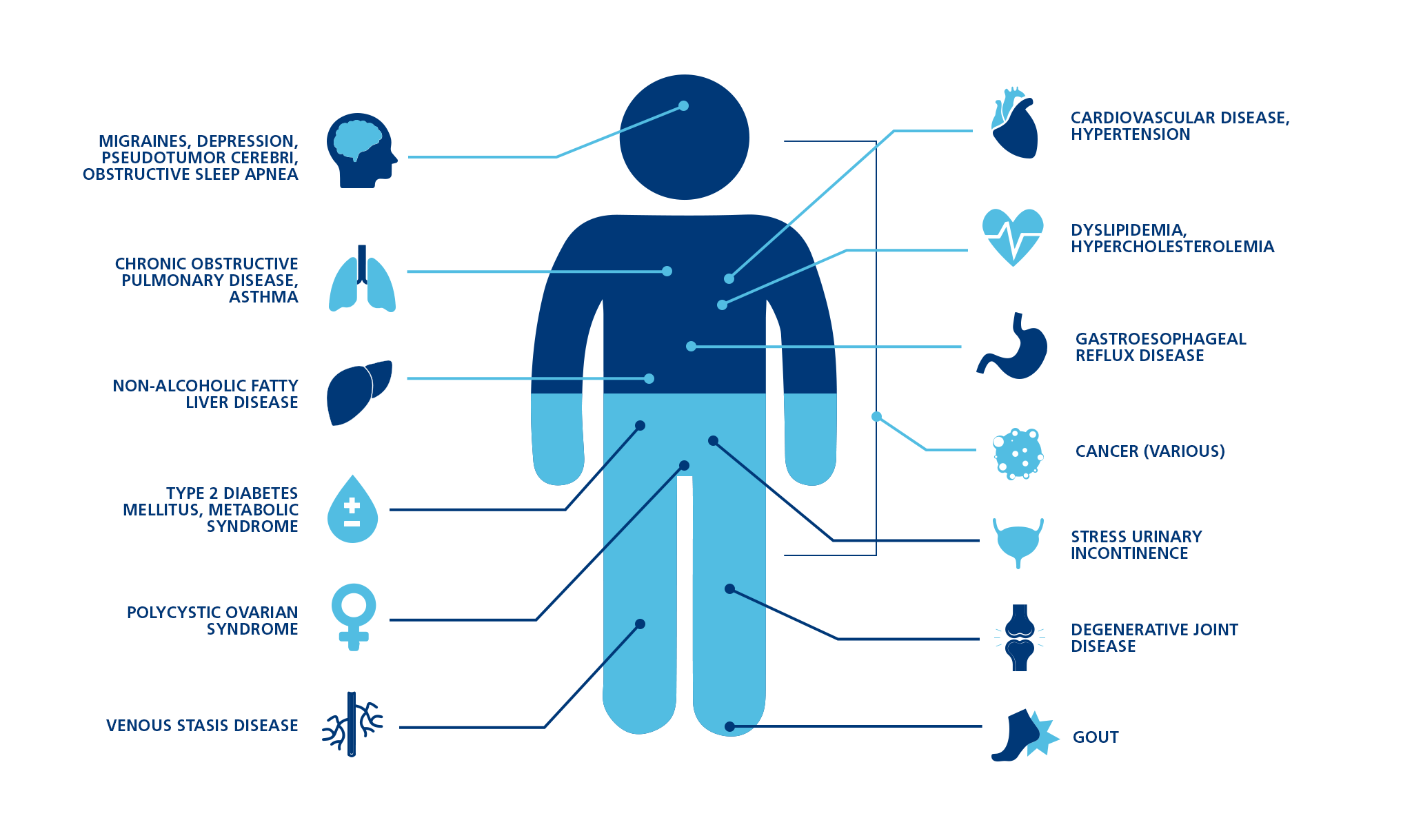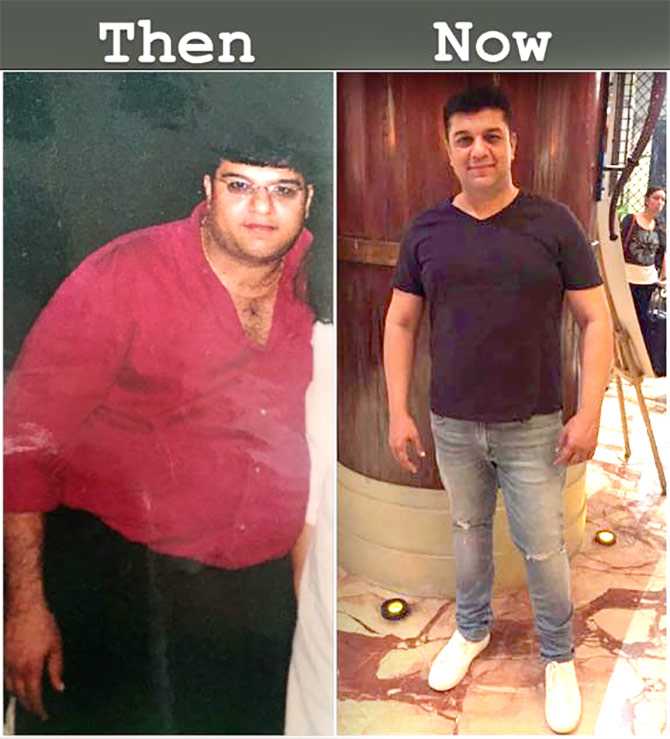Cancer- Risk Factors
Stomach Cancer- What it is and what are its risk factors
In this article you will learn about stomach cancer and its risk factors.
Summary: 60 Second Read
What is Stomach Cancer?
Stomach
The stomach is a hollow organ in the upper abdomen, under the ribs. It's part of the digestive system. Food moves from the mouth through the esophagus to the stomach. In the stomach, the food becomes liquid. Muscles in the stomach wall push the liquid into the small intestine.
The wall of the stomach has five layers:
- Inner layer or lining (mucosa): Juices made by glands in the inner layer help digest food. Most stomach cancers begin in this layer.
- Submucosa: This is the support tissue for the inner layer.
- Muscle layer: Muscles in this layer contract to mix and mash the food.
- Subserosa: This is the support tissue for the outer layer.
- Outer layer (serosa): The outer layer covers the stomach. It holds the stomach in place.
Cancer Cells
Cancer begins in cells, the building blocks that make up tissues. Tissues make up the stomach and other organs of the body.
Normal cells grow and divide to form new cells as the body needs them. When normal cells grow old or get damaged, they die, and new cells take their place.
Sometimes, this process goes wrong. New cells form when the body doesn't need them, and old or damaged cells don't die as they should. The buildup of extra cells often forms a mass of tissue called a growth, polyp, or tumor.
Tumors in the stomach can be benign (not cancer) or malignant (cancer). Benign tumors are not as harmful as malignant tumors:
Benign tumors:
- Are rarely a threat to life
- Can be removed and usually don't grow back
- Don't invade the tissues around them
- Don't spread to other parts of the body
Malignant growths:
- May be a threat to life
- Sometimes can be removed but can grow back
- Can invade and damage nearby tissues and organs (such as the stomach or intestine)
- Can spread to other parts of the body
Stomach cancer usually begins in cells in the inner layer of the stomach. Over time, the cancer may invade more deeply into the stomach wall. A stomach tumor can grow through the stomach's outer layer into nearby organs, such as the liver, pancreas, esophagus, or intestine.
Stomach cancer cells can spread by breaking away from the original tumor. They enter blood vessels or lymph vessels, which branch into all the tissues of the body. The cancer cells may be found in lymph nodes near the stomach. The cancer cells may attach to other tissues and grow to form new tumors that may damage those tissues.
The spread of cancer is called metastasis.
RISK FACTORS
When you're told that you have stomach cancer, it's natural to wonder what may have caused the disease. But no one knows the exact causes of stomach cancer. Doctors seldom know why one person develops stomach cancer and another doesn't.
Doctors do know that people with certain risk factors are more likely than others to develop stomach cancer. A risk factor is something that may increase the chance of getting a disease.
Studies have found the following risk factors for stomach cancer:
- Helicobacter pylori infection: H. pylori is a bacterium that commonly infects the inner lining (the mucosa) of the stomach. Infection with H. pylori can cause stomach inflammation and peptic ulcers. It also increases the risk of stomach cancer, but only a small number of infected people develop stomach cancer. You may want to read the NCI fact sheet Helicobacter pylori and Cancer.
- Long-term inflammation of the stomach: People who have conditions associated with long-term stomach inflammation (such as the blood disease pernicious anemia) are at increased risk of stomach cancer. Also, people who have had part of their stomach removed may have long-term stomach inflammation and increased risk of stomach cancer many years after their surgery.
- Smoking: Smokers are more likely than nonsmokers to develop stomach cancer. Heavy smokers are most at risk.
- Family history: Close relatives (parents, brothers, sisters, or children) of a person with a history of stomach cancer are somewhat more likely to develop the disease themselves. If many close relatives have a history of stomach cancer, the risk is even greater.
- Poor diet, lack of physical activity, or obesity: Studies suggest that people who eat a diet high in foods that are smoked, salted, or pickled have an increased risk for stomach cancer. On the other hand, people who eat a diet high in fresh fruits and vegetables may have a lower risk of this disease. A lack of physical activity may increase the risk of stomach cancer. Also, people who are obese may have an increased risk of cancer developing in the upper part of the stomach.
Most people who have known risk factors do not develop stomach cancer. For example, many people have an H. pylori infection but never develop cancer.
On the other hand, people who do develop the disease sometimes have no known risk factors.

